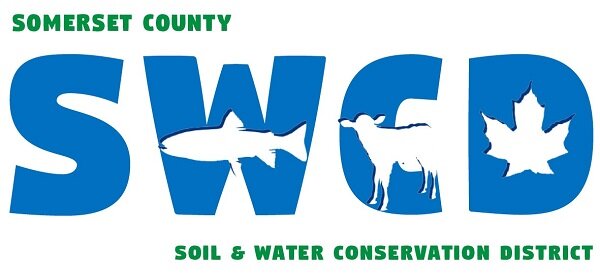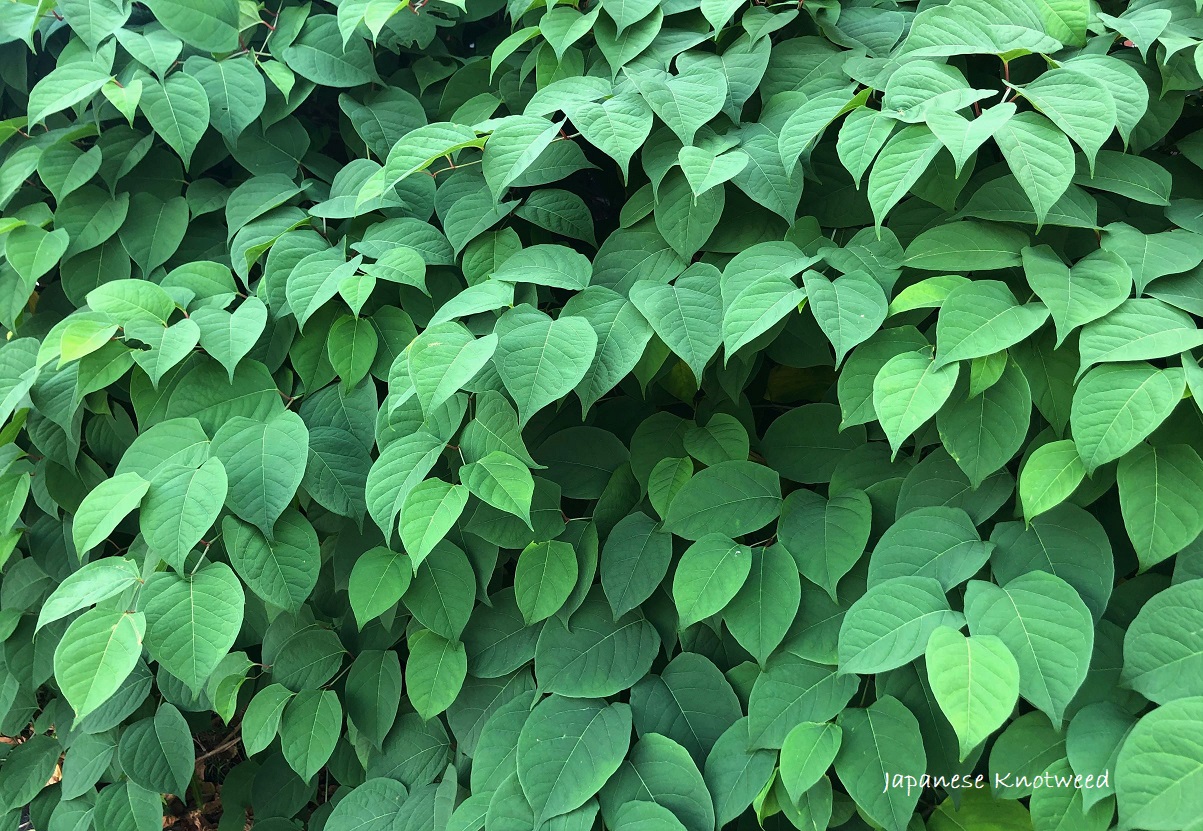
INVASIVE PLANTS
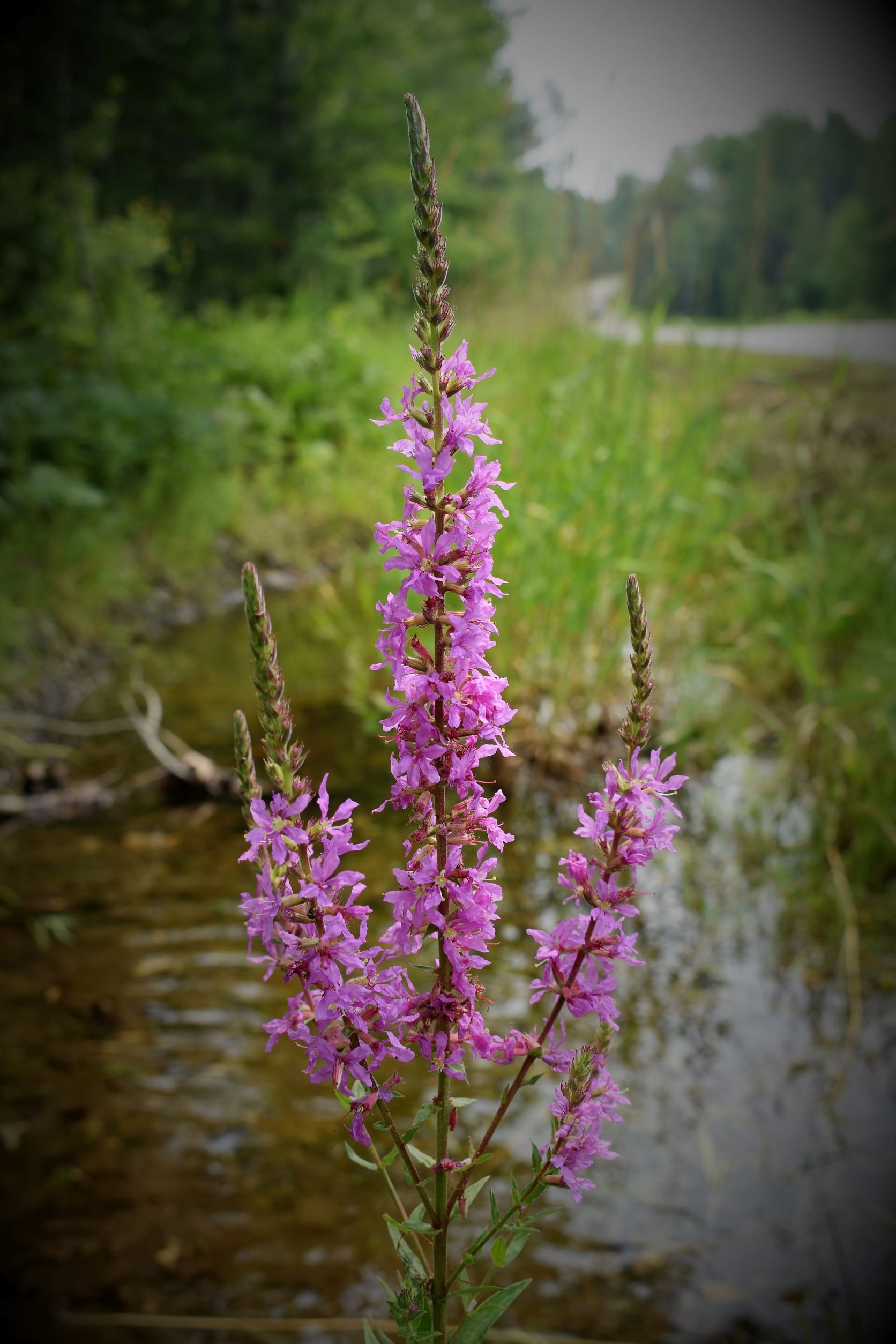
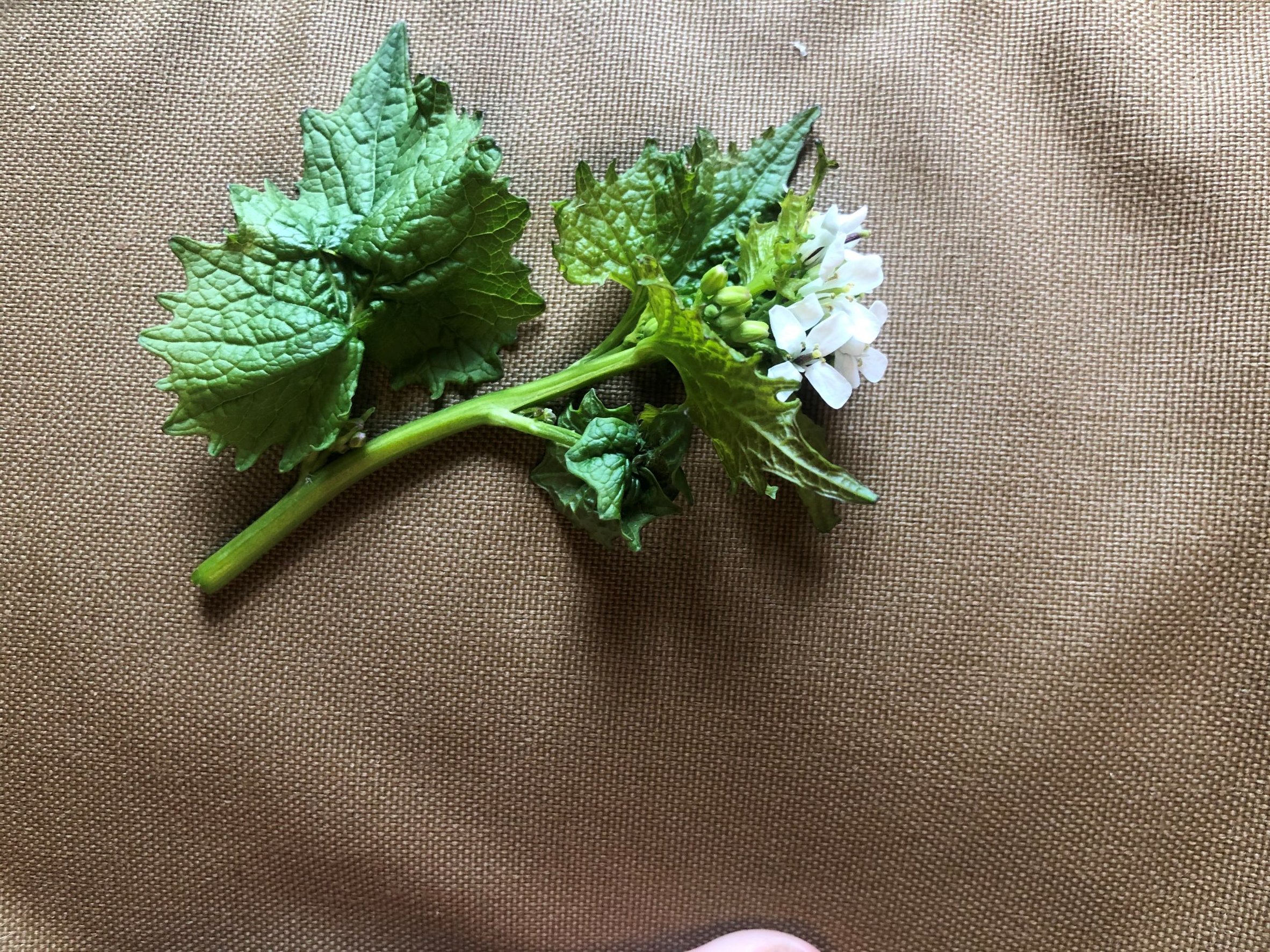
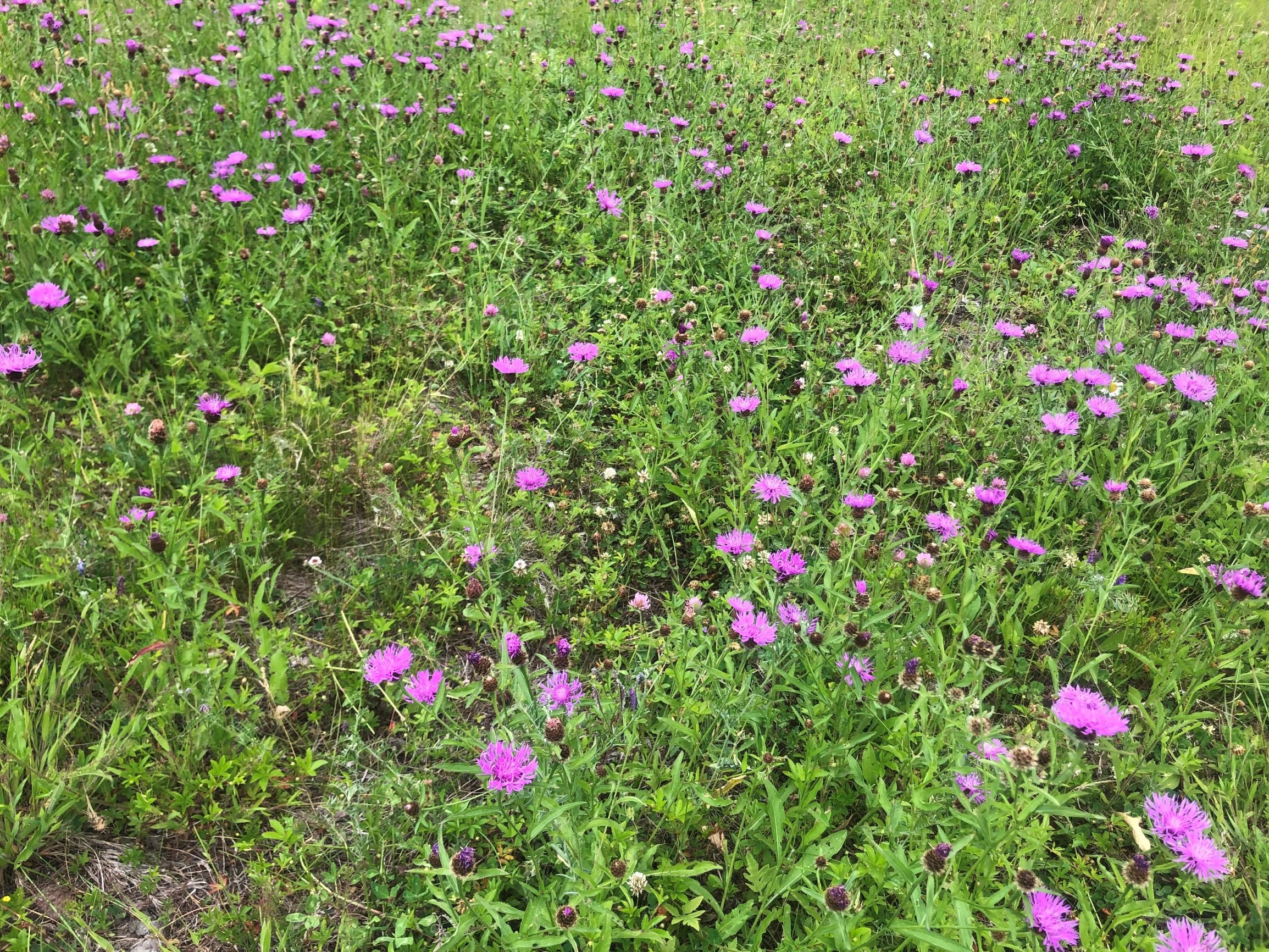
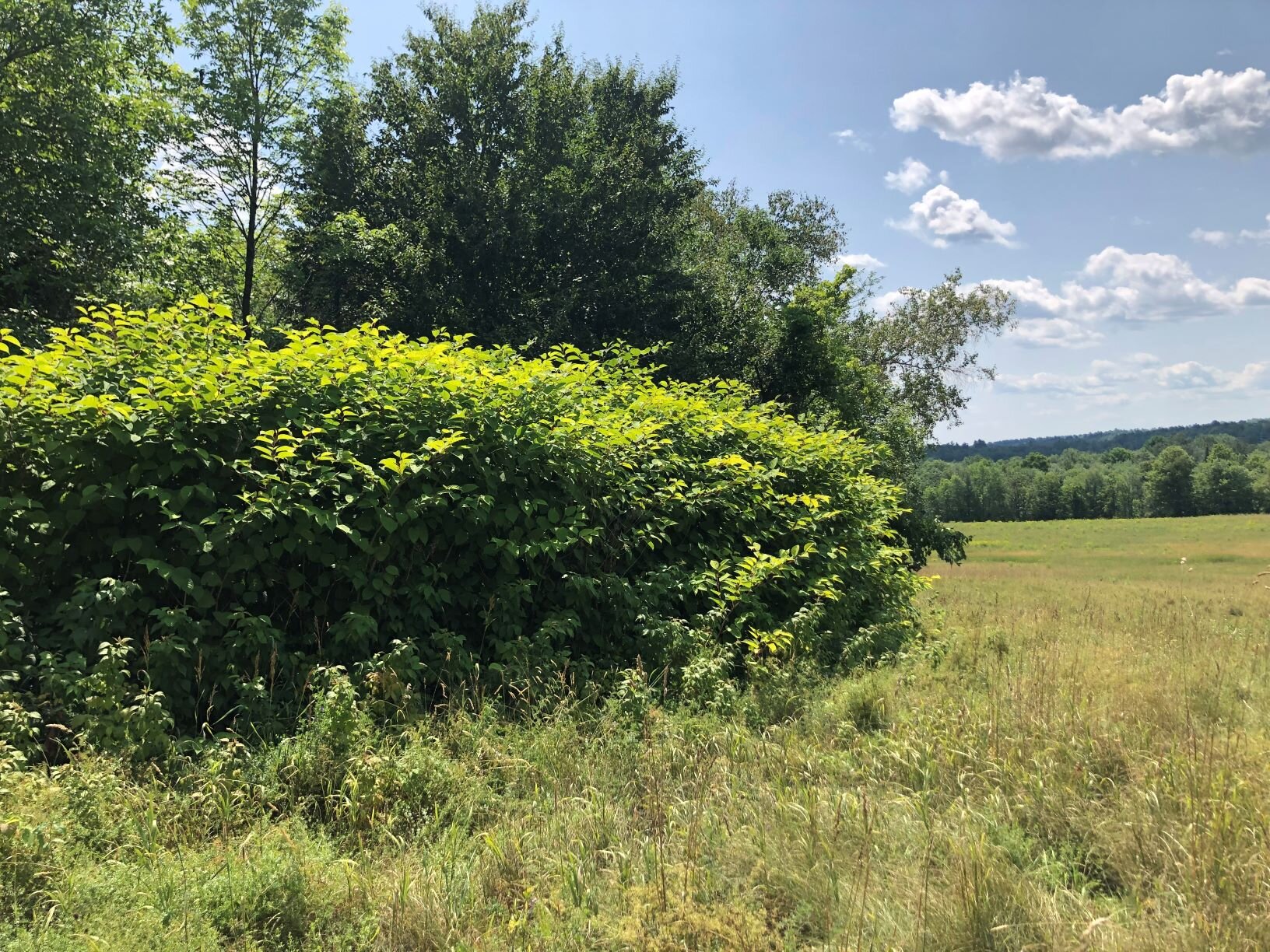
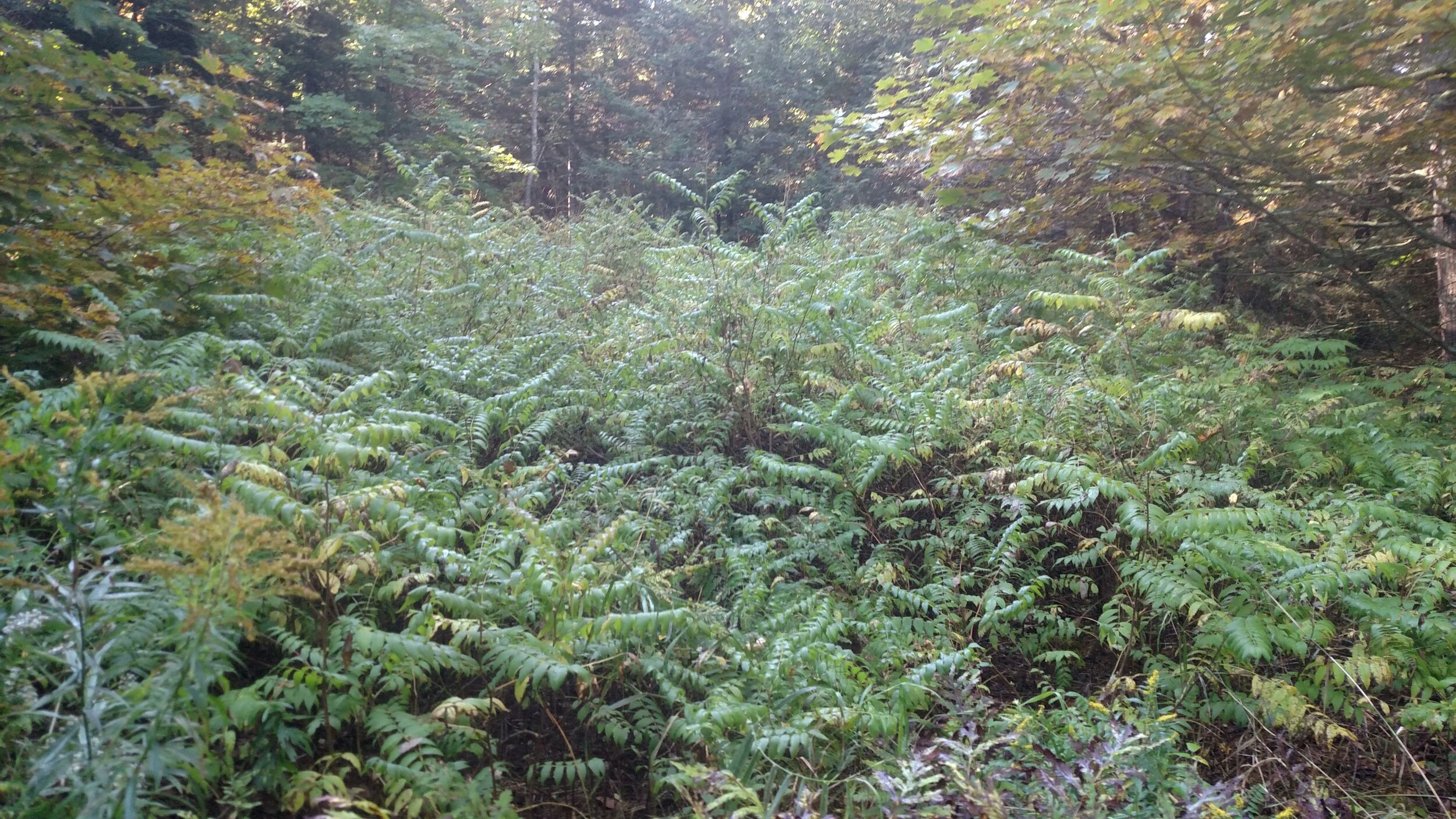
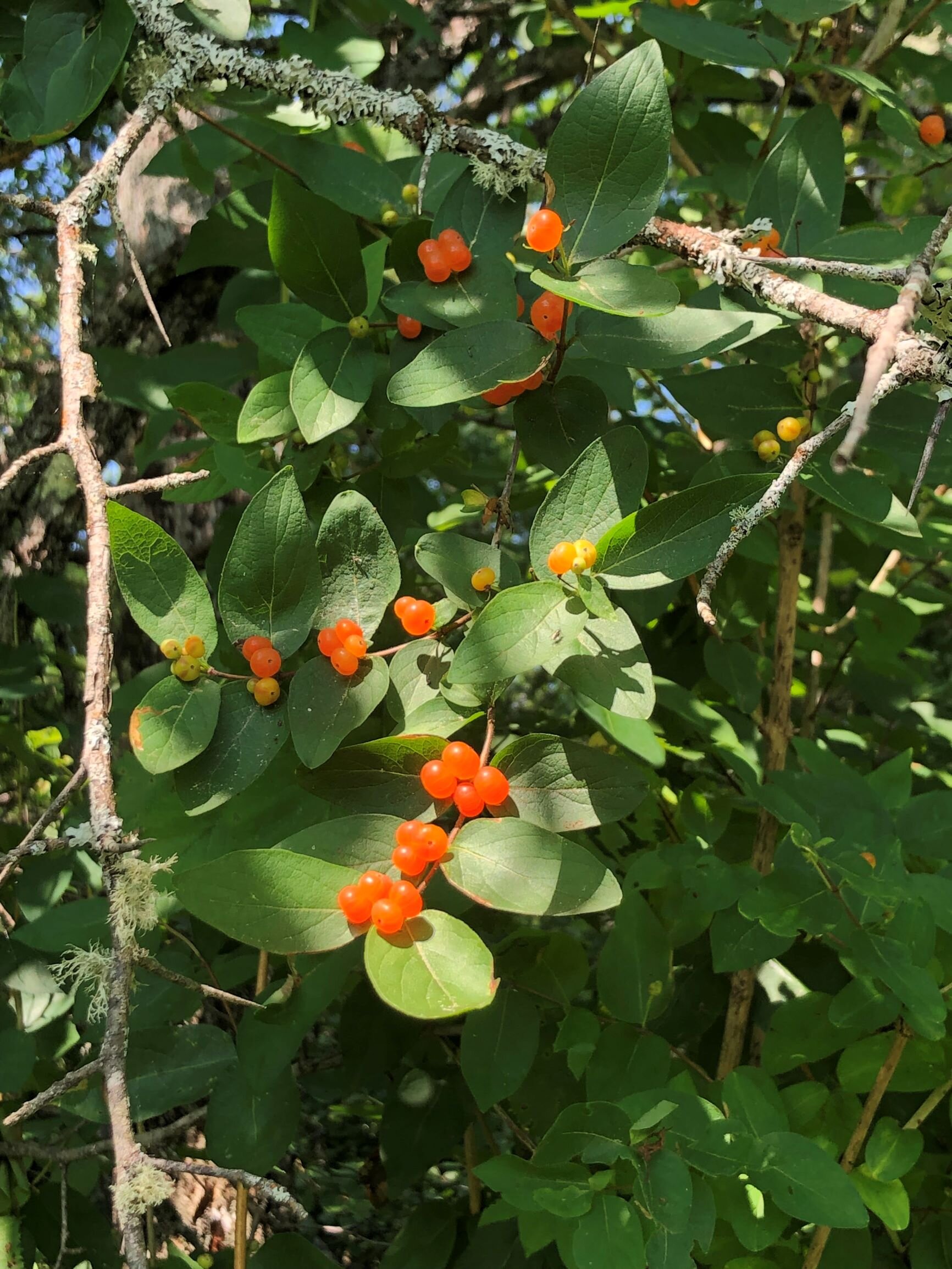
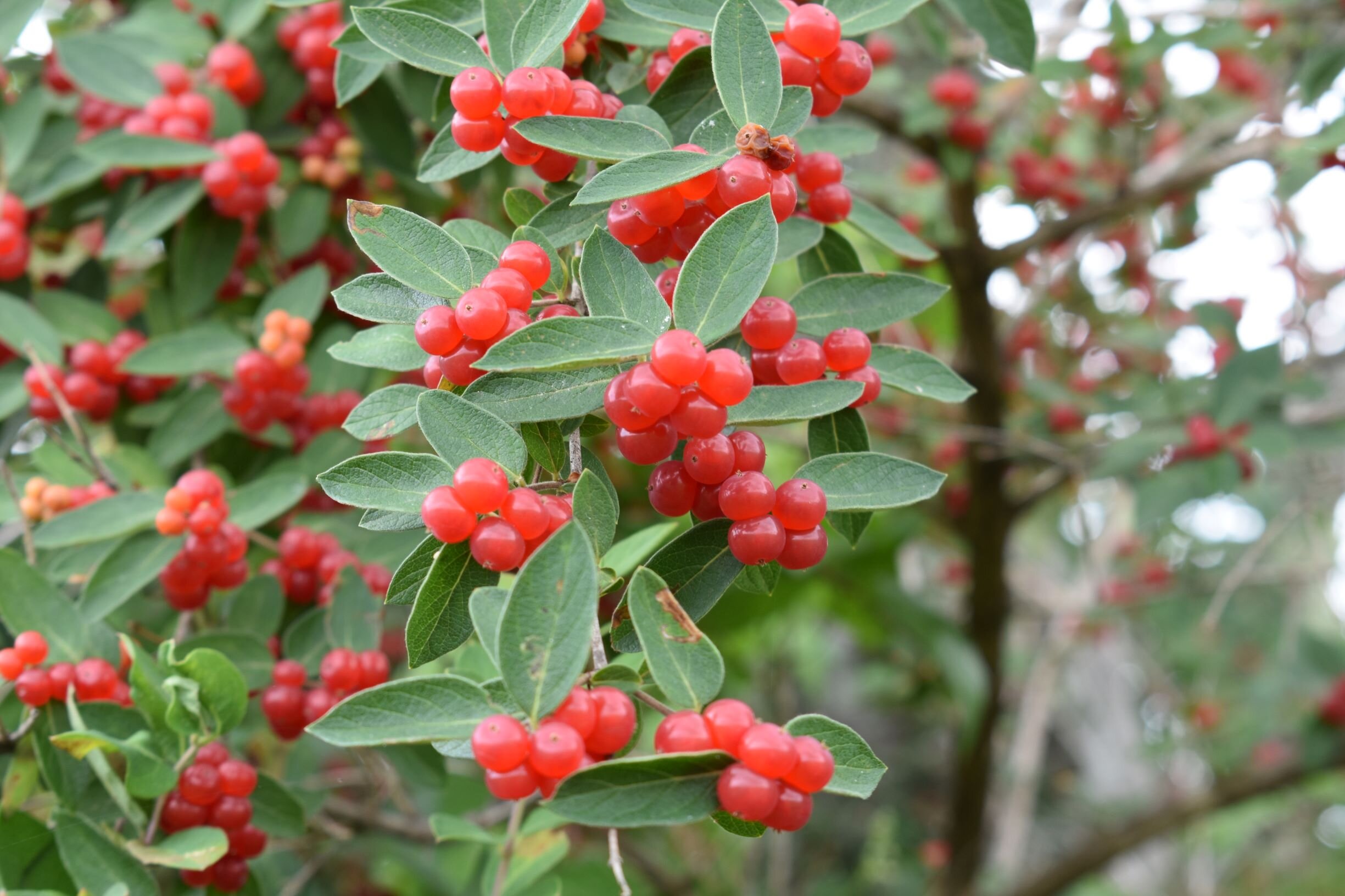
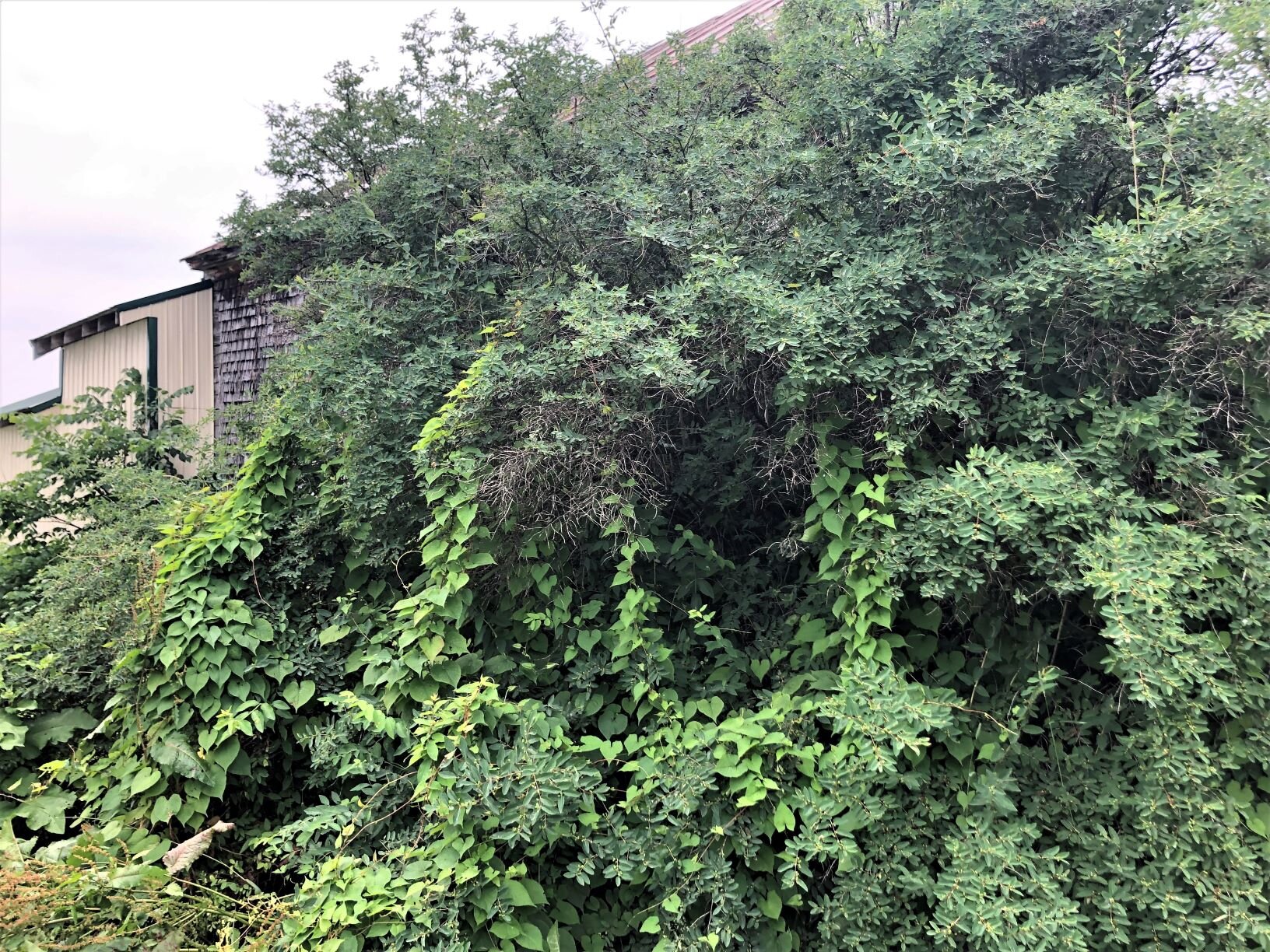
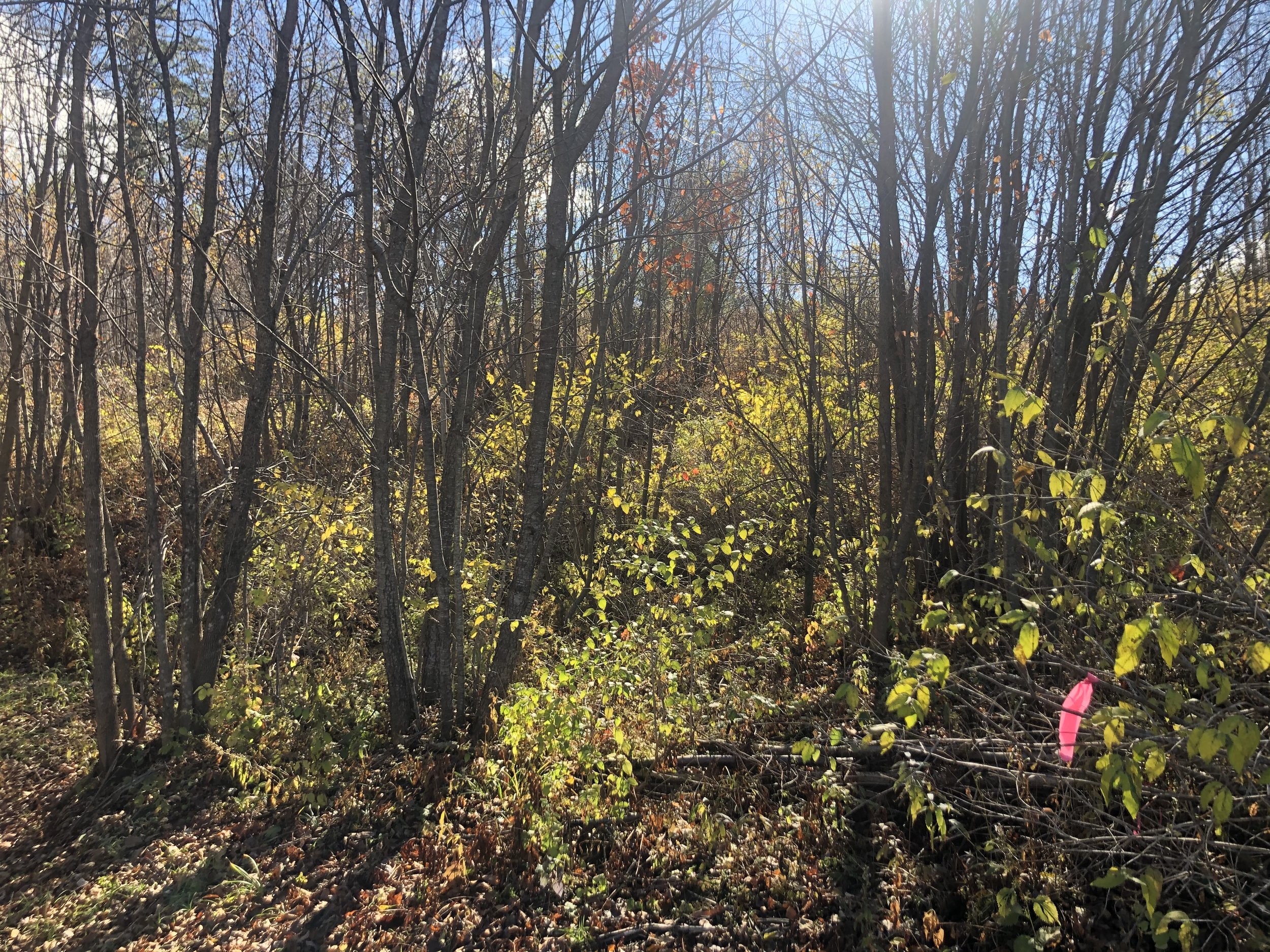
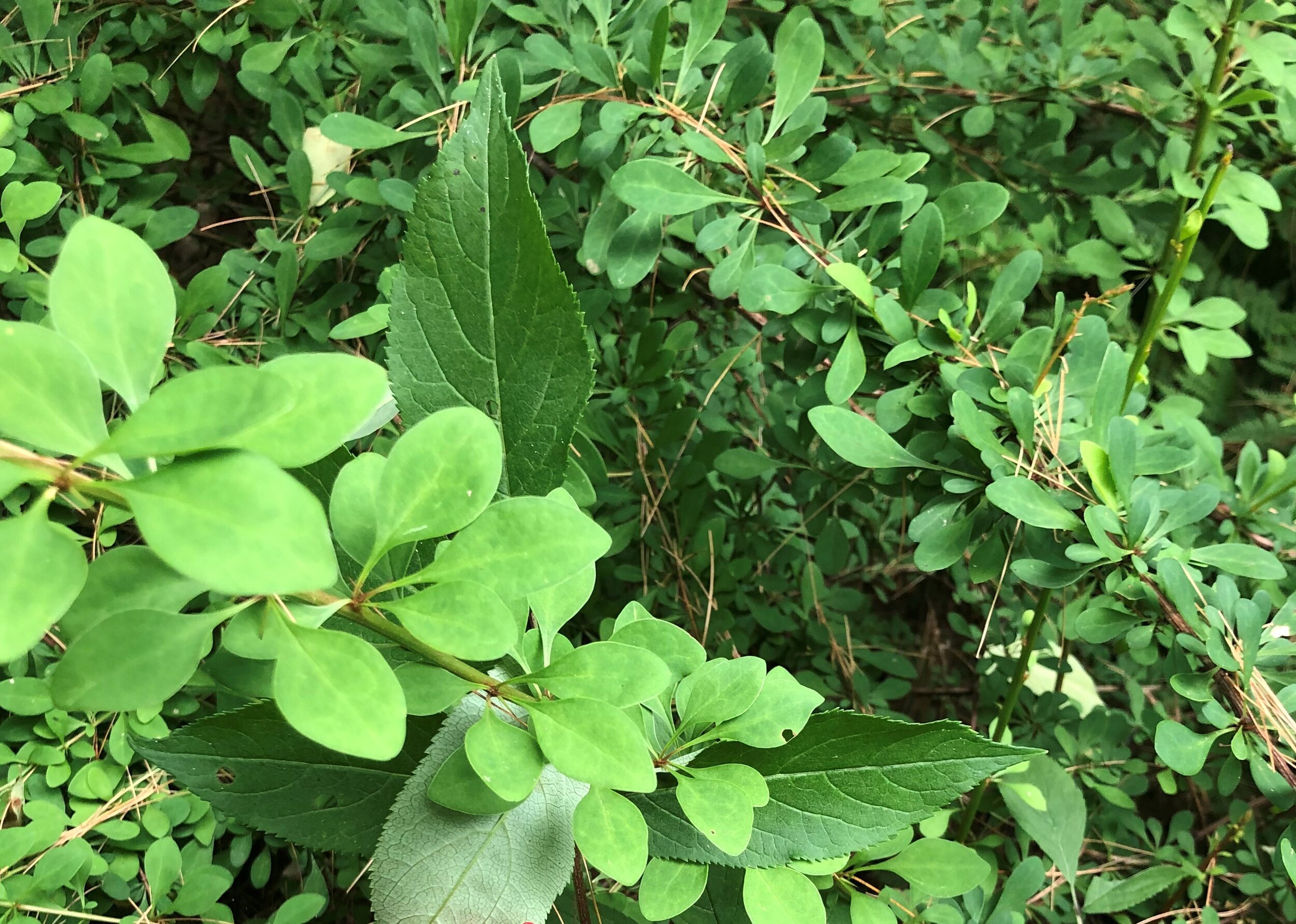
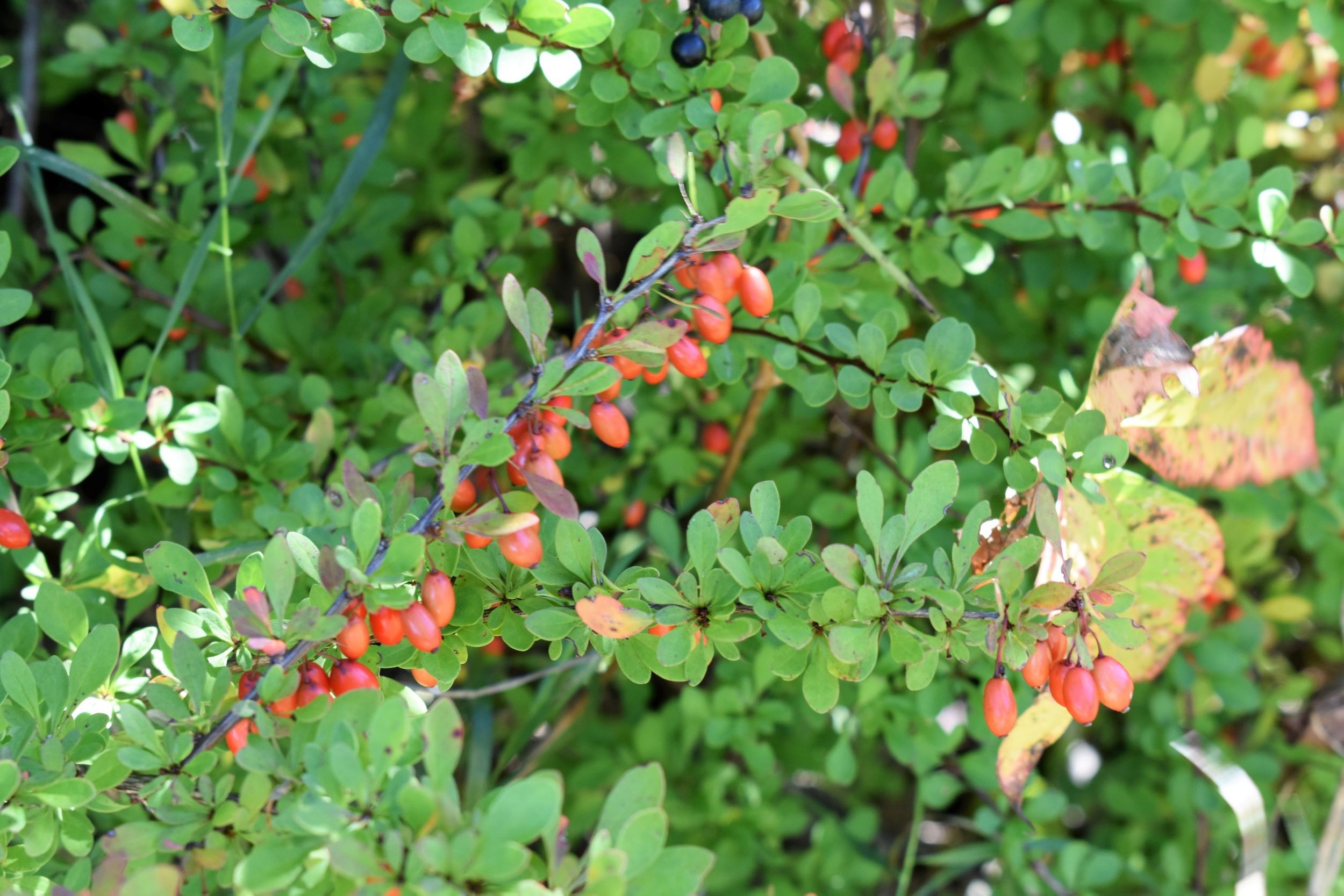
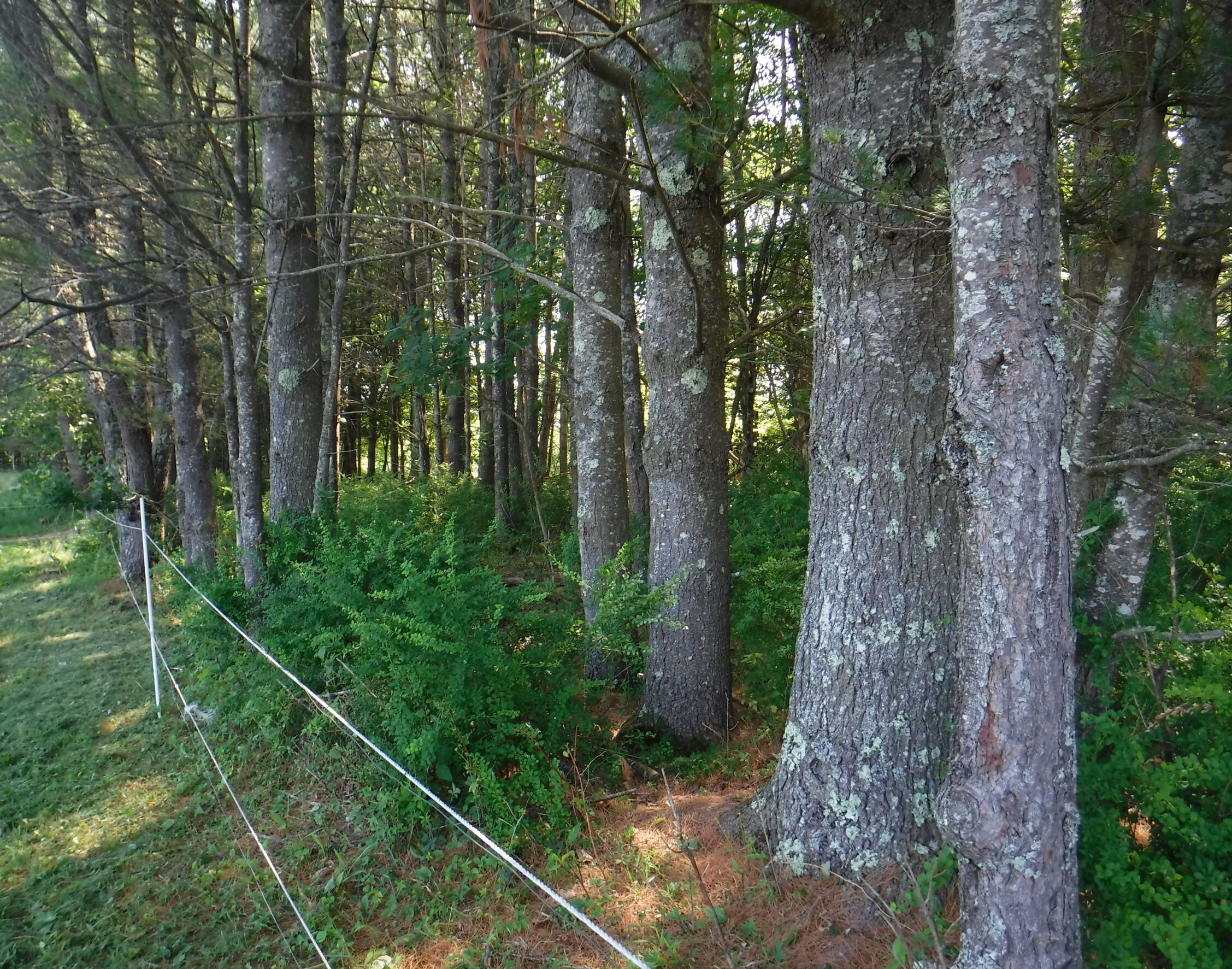
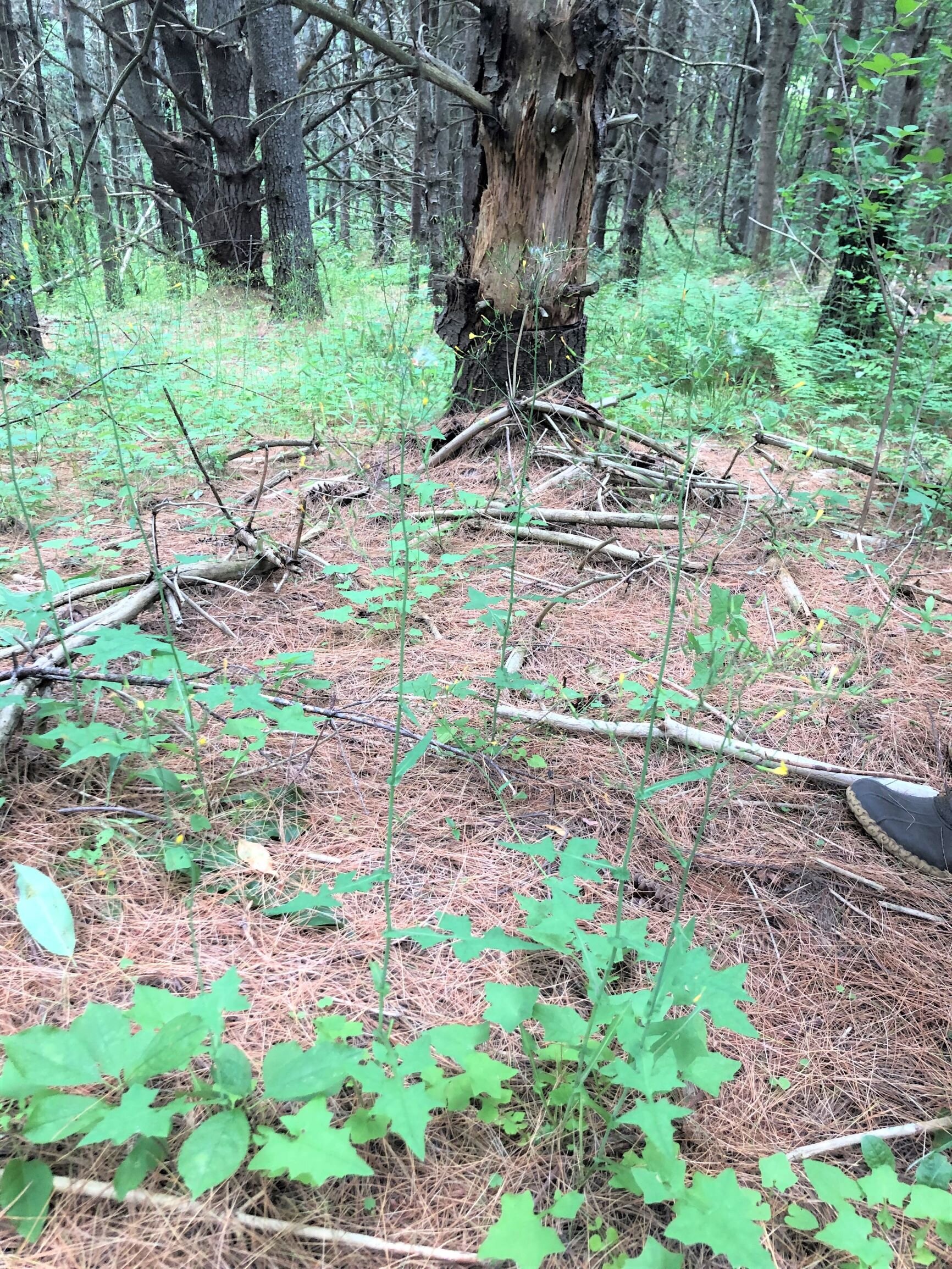
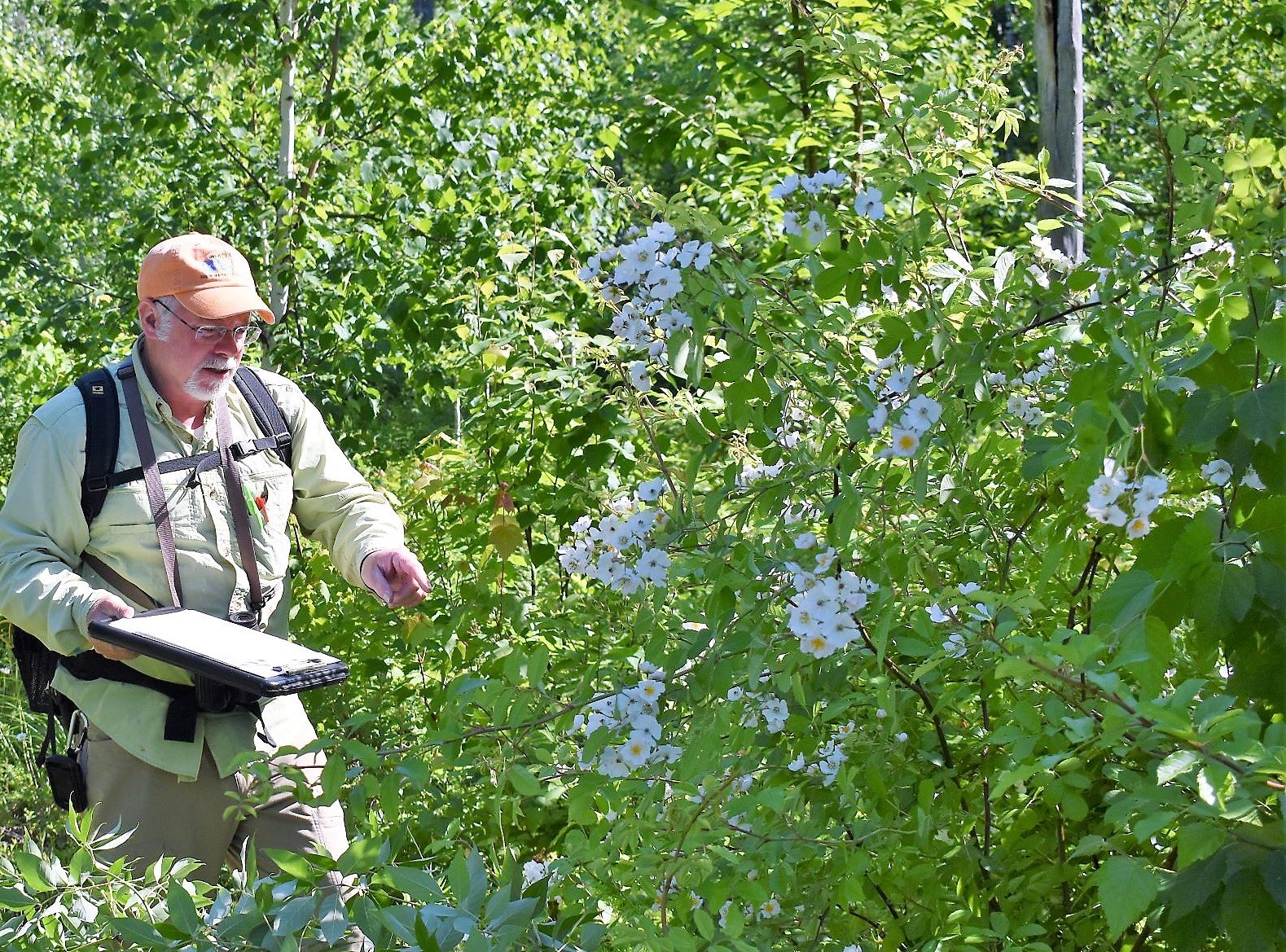
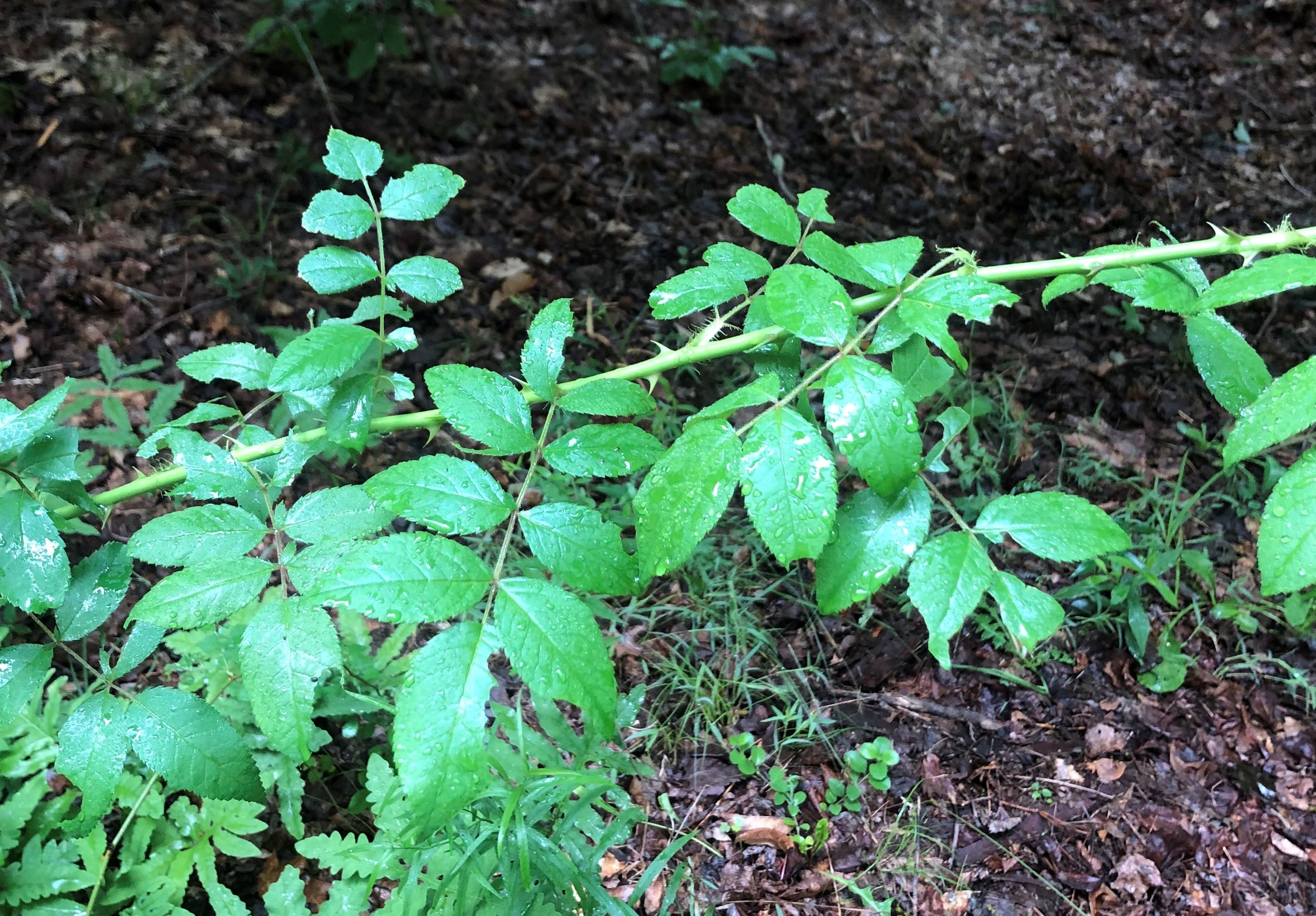
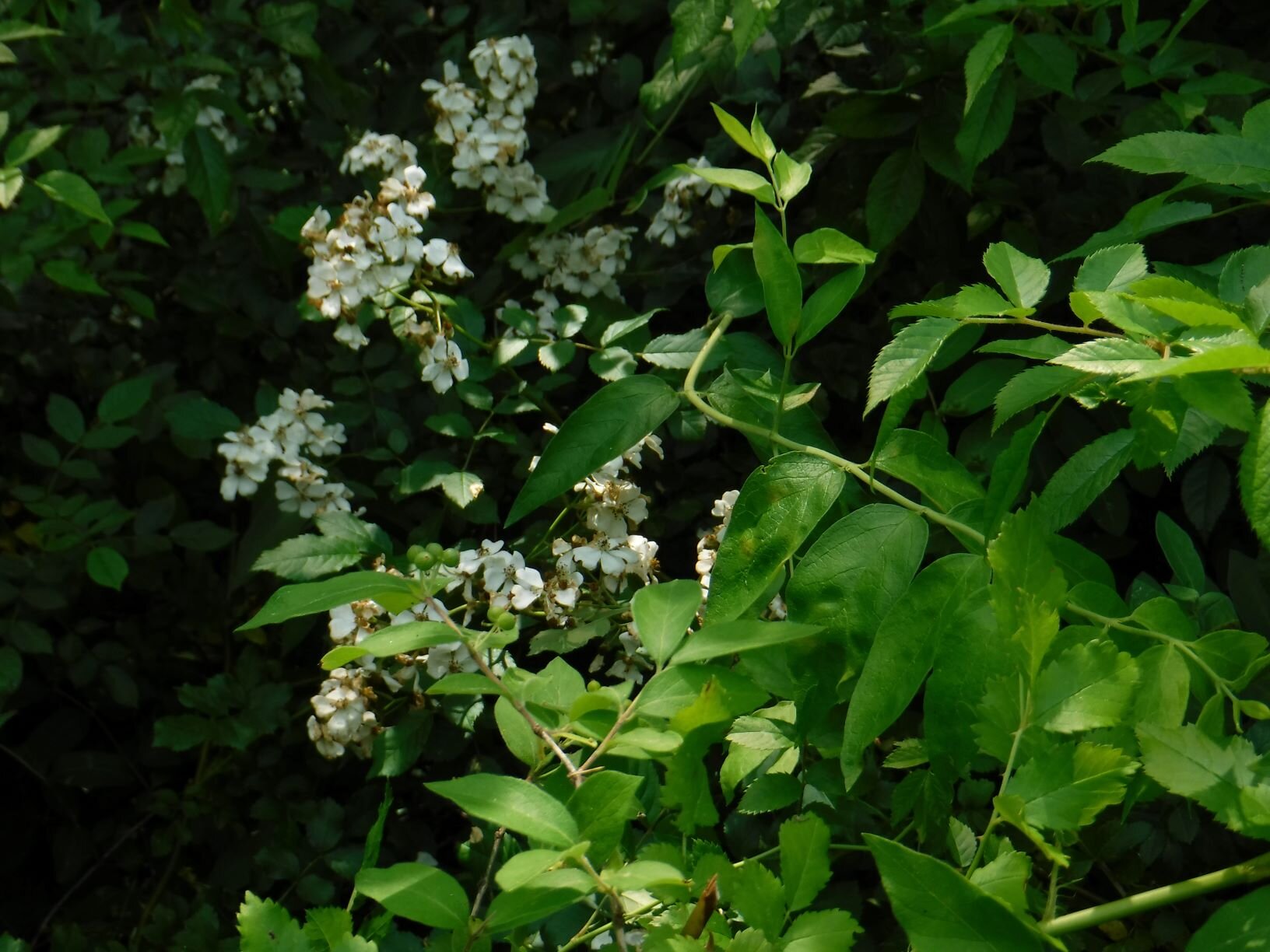
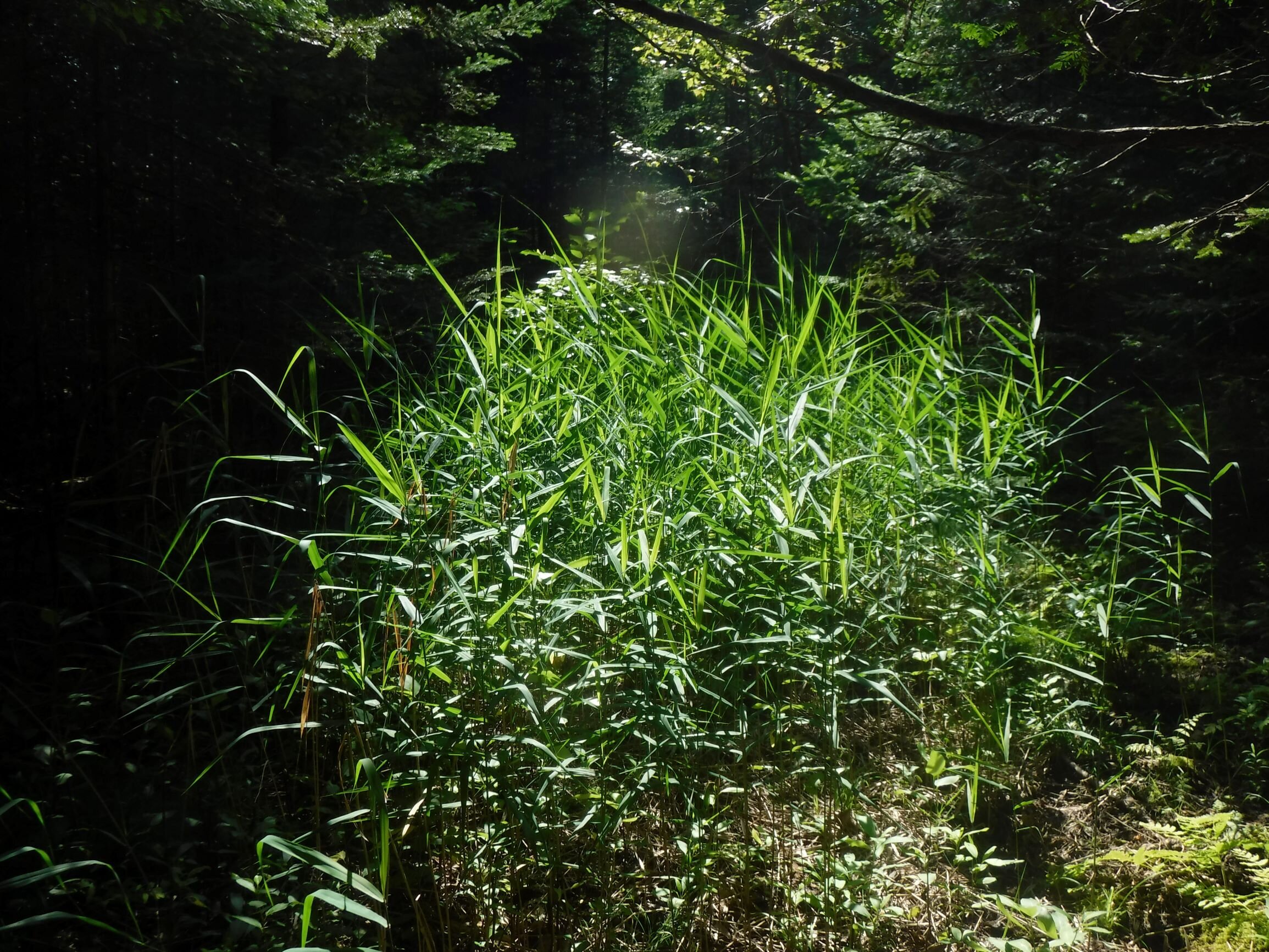
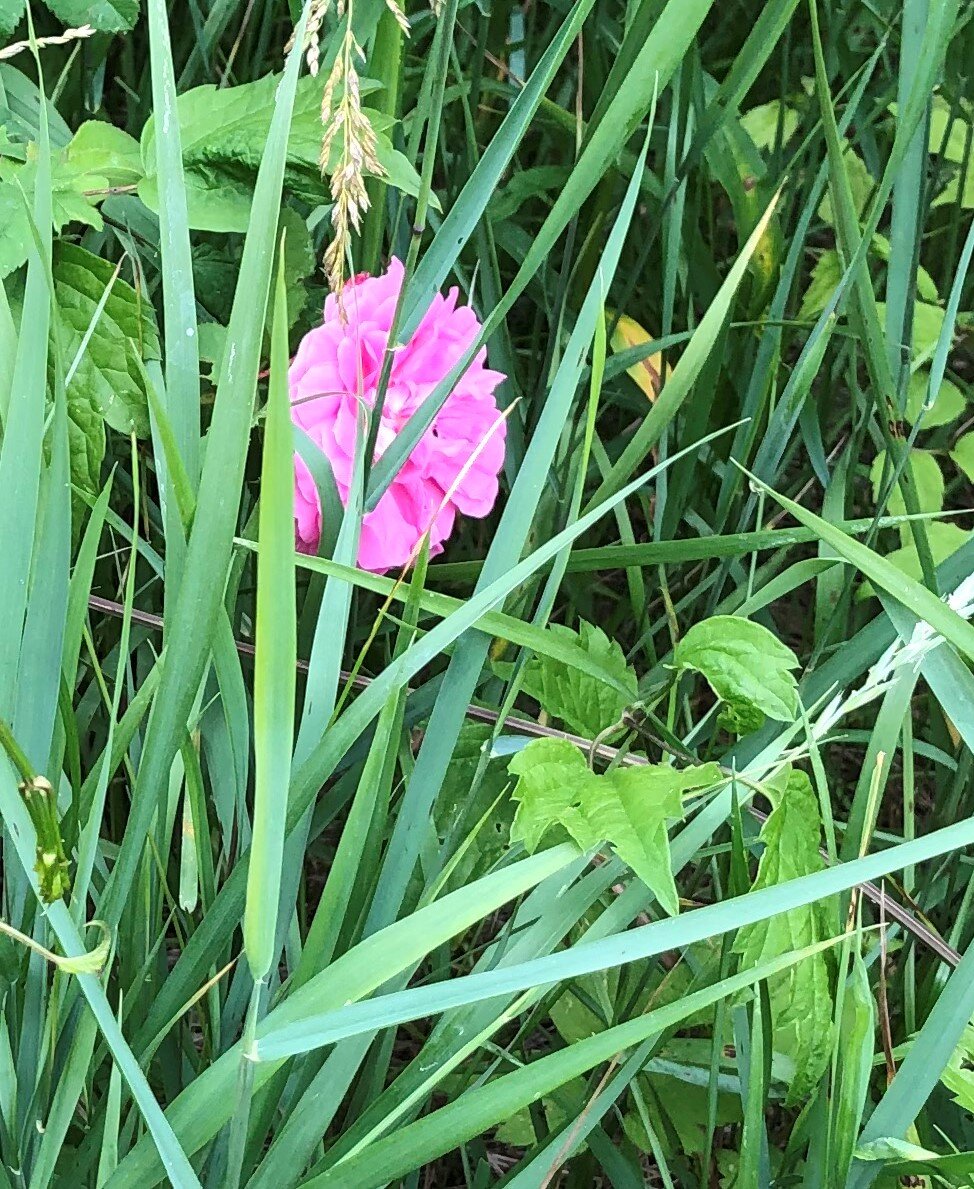
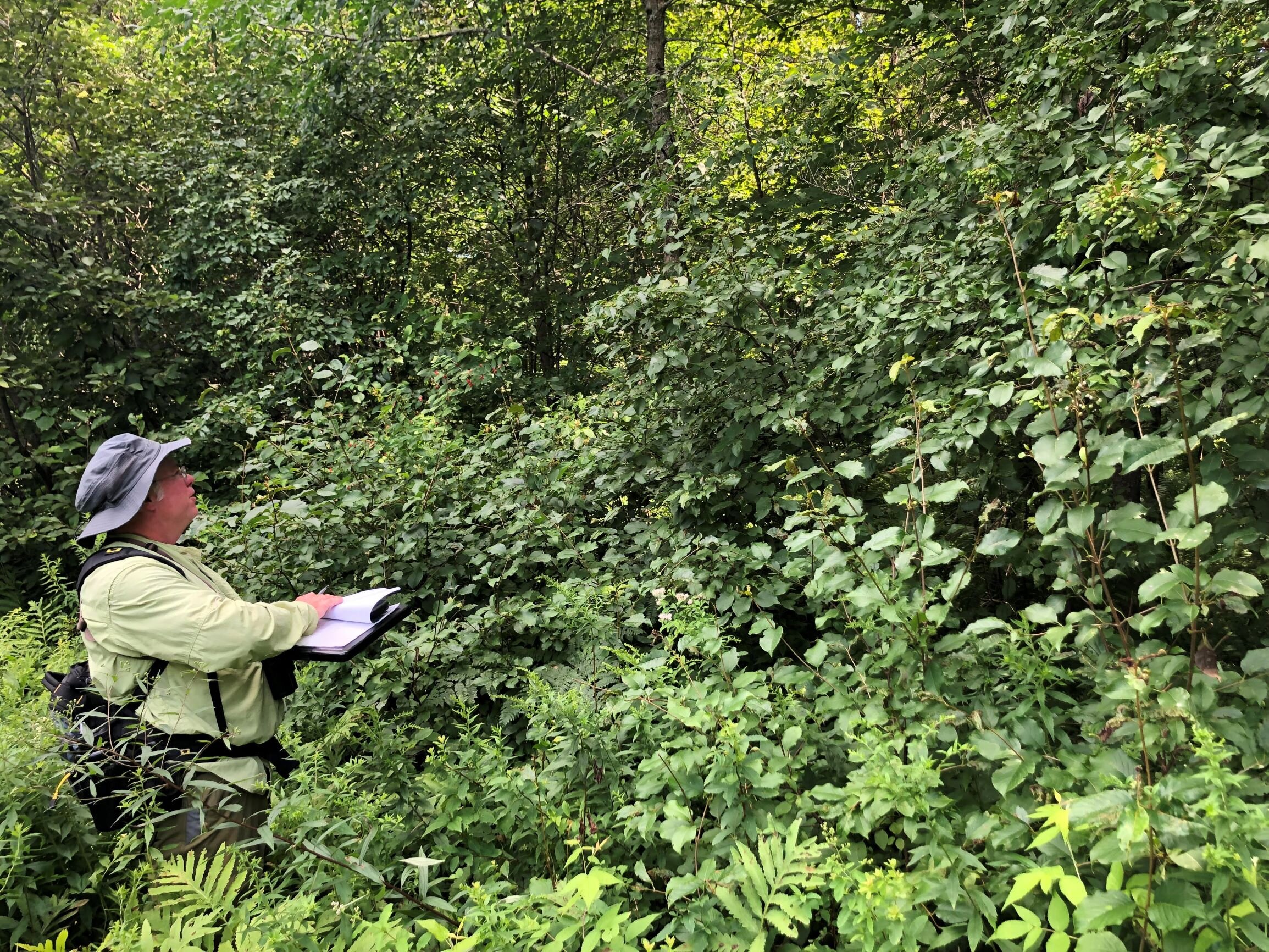
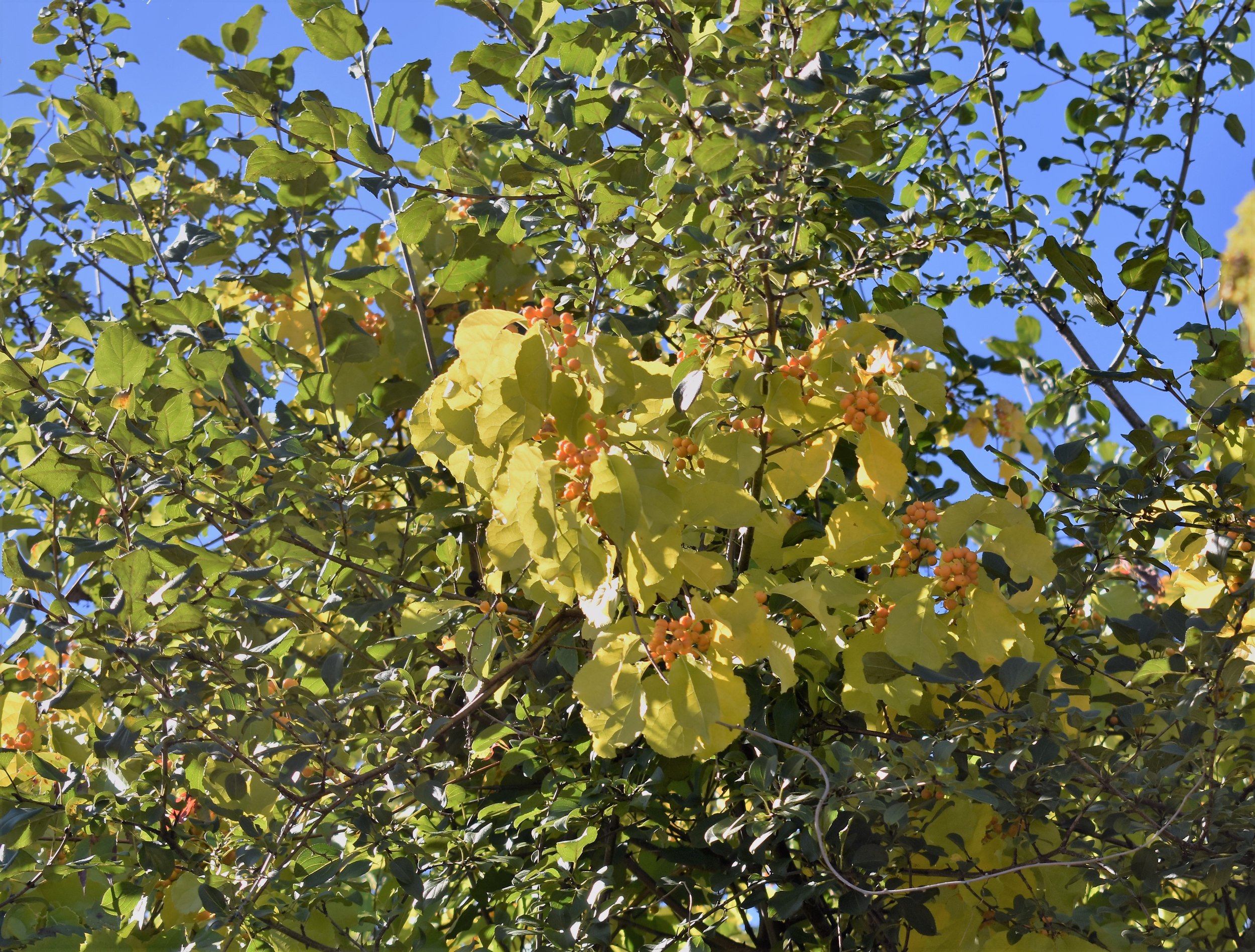
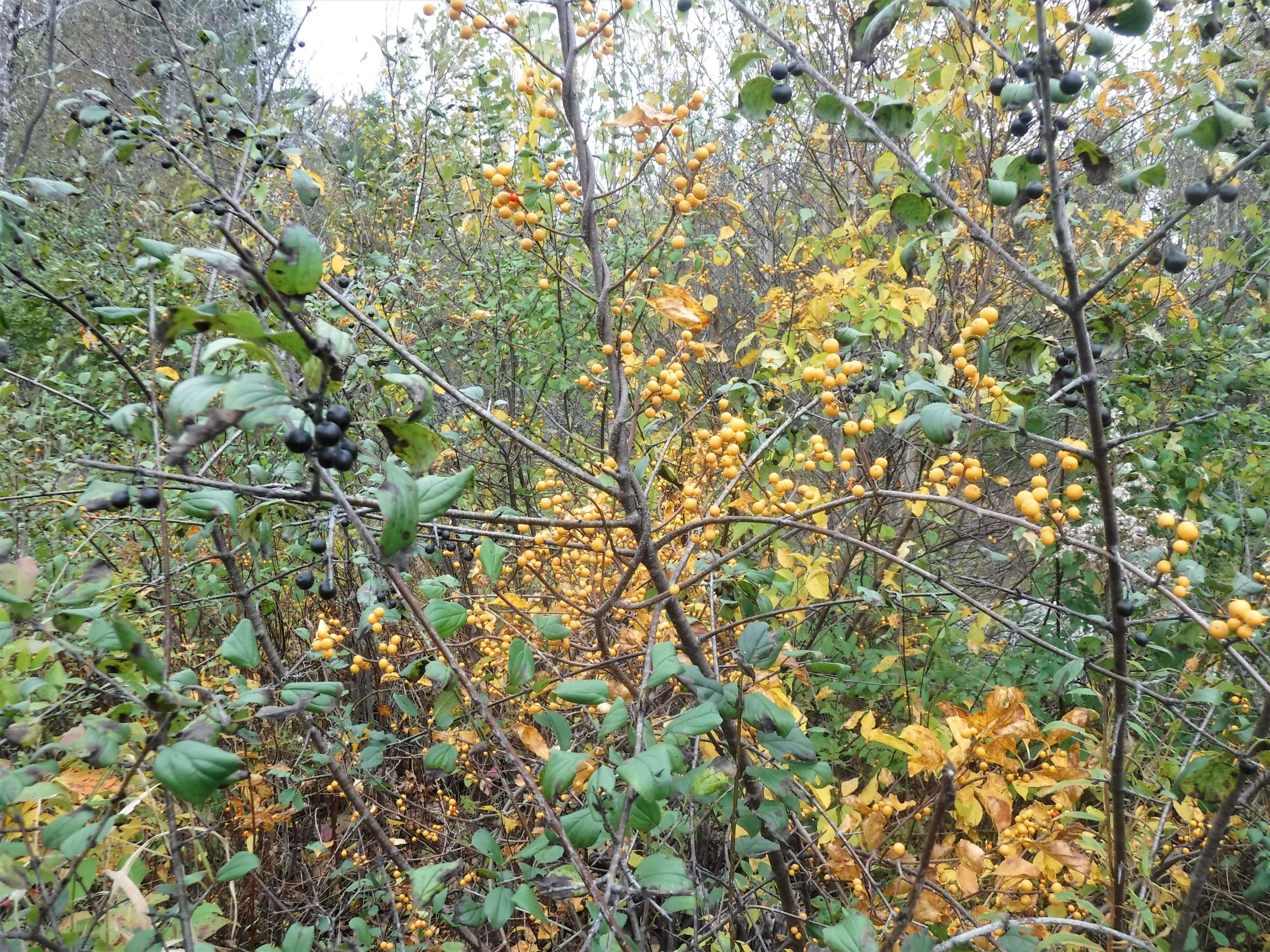
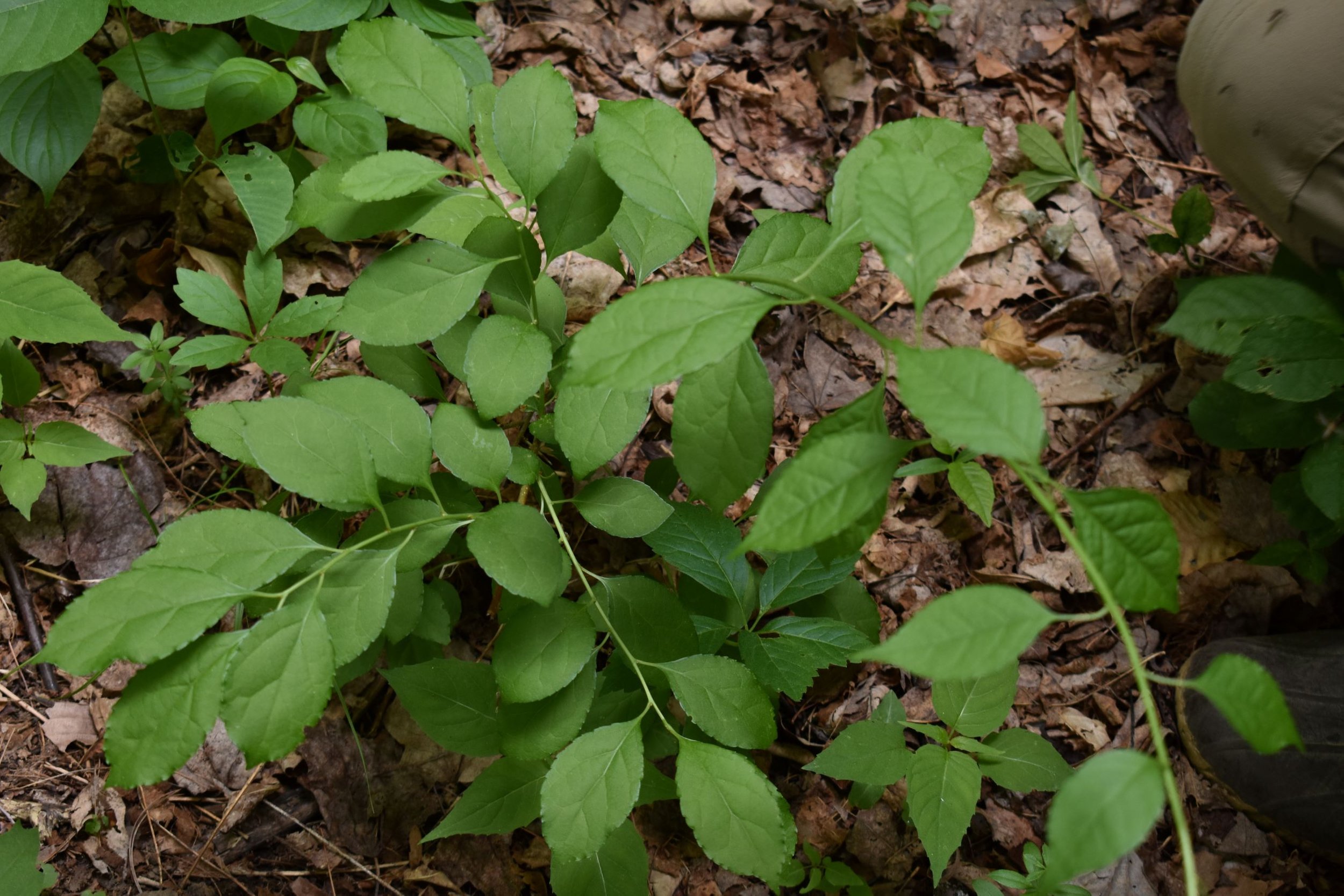
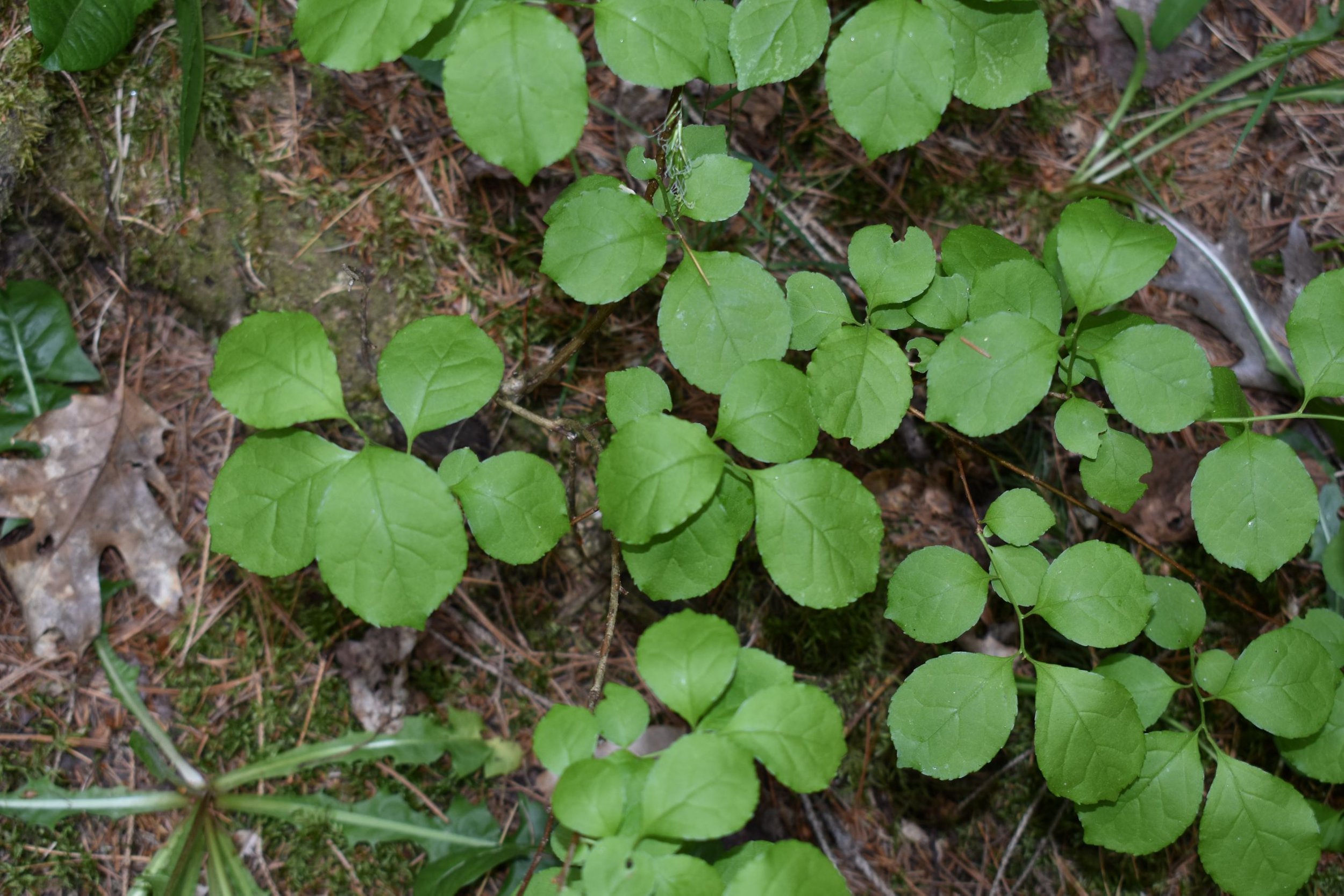
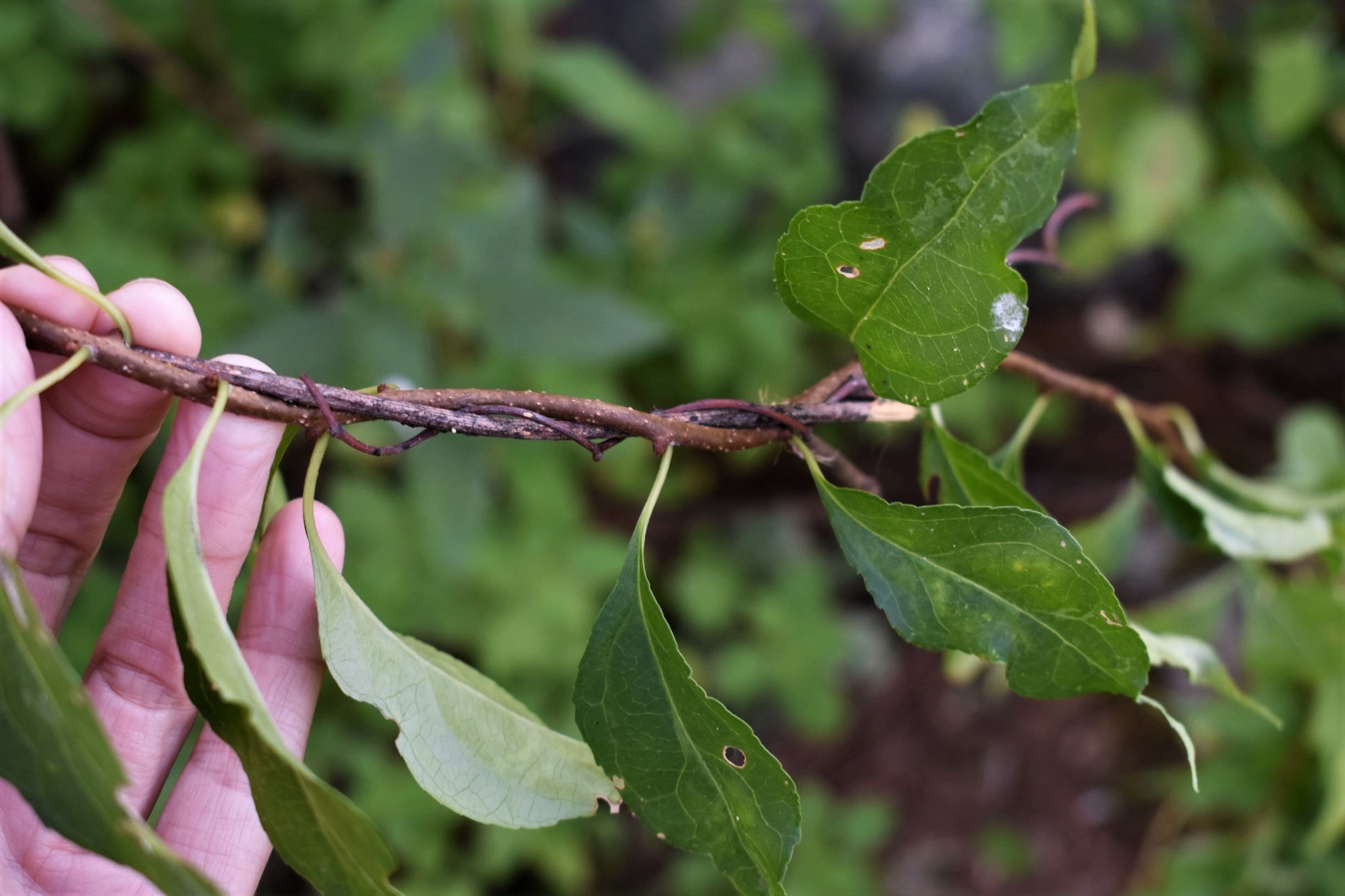
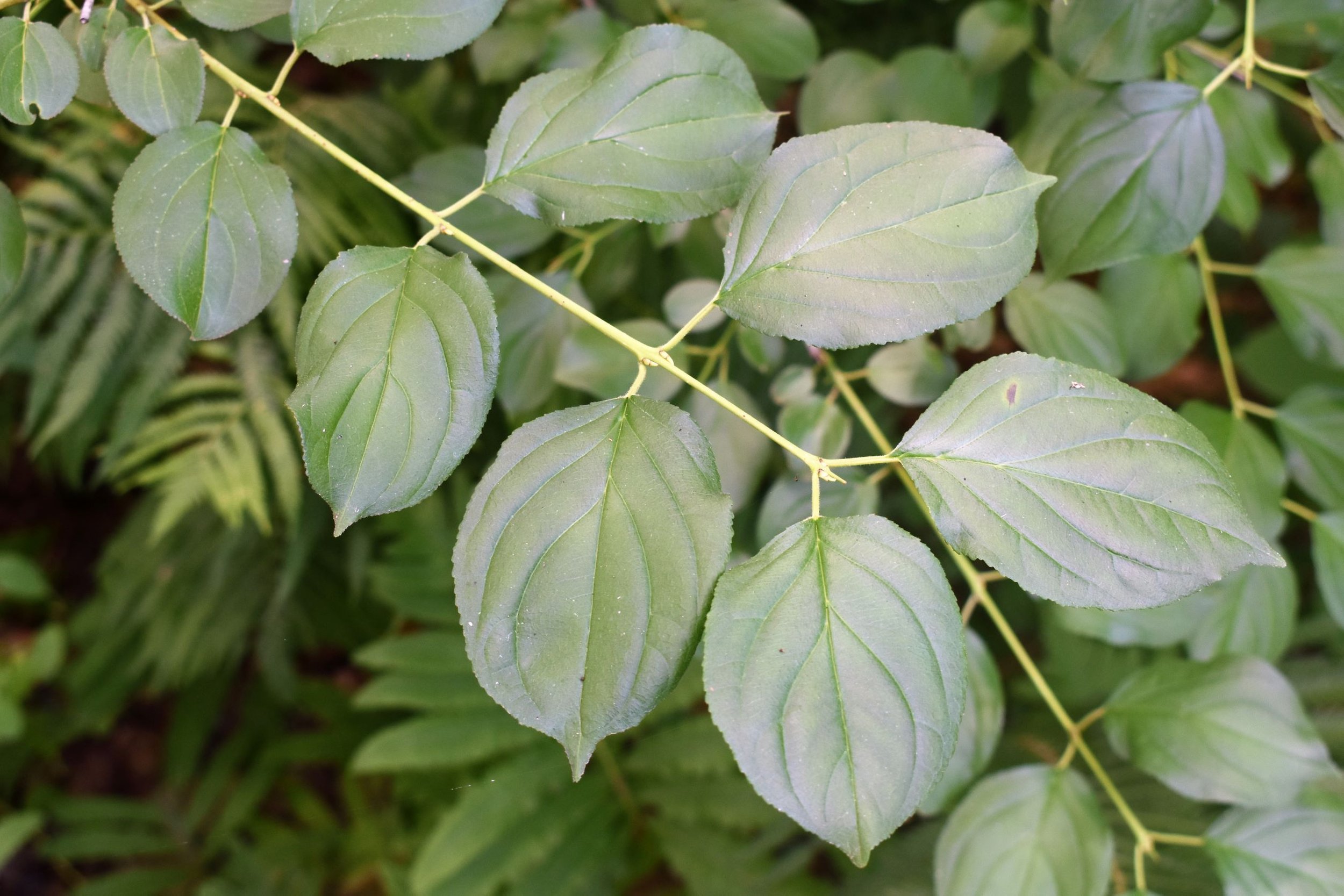
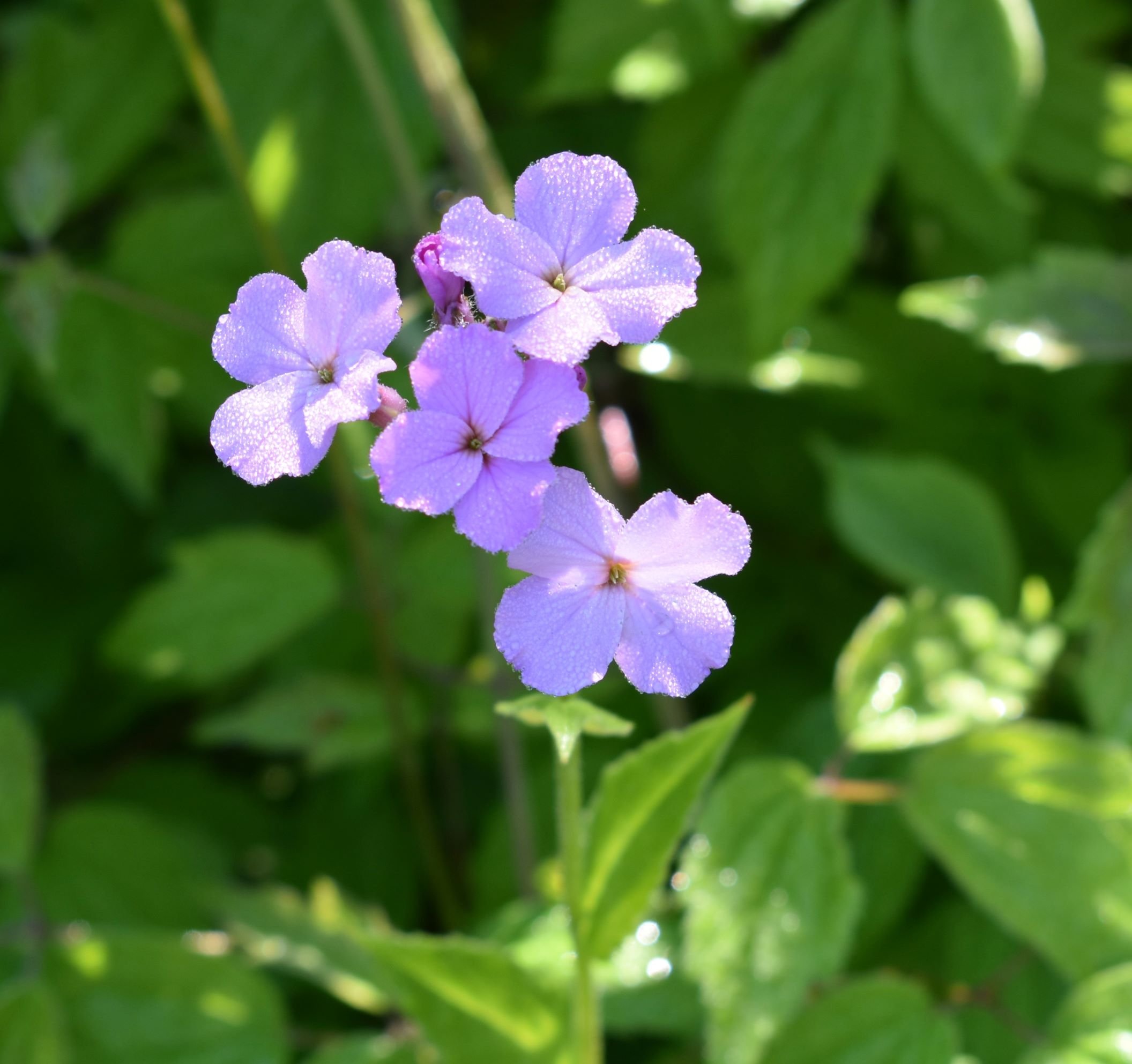
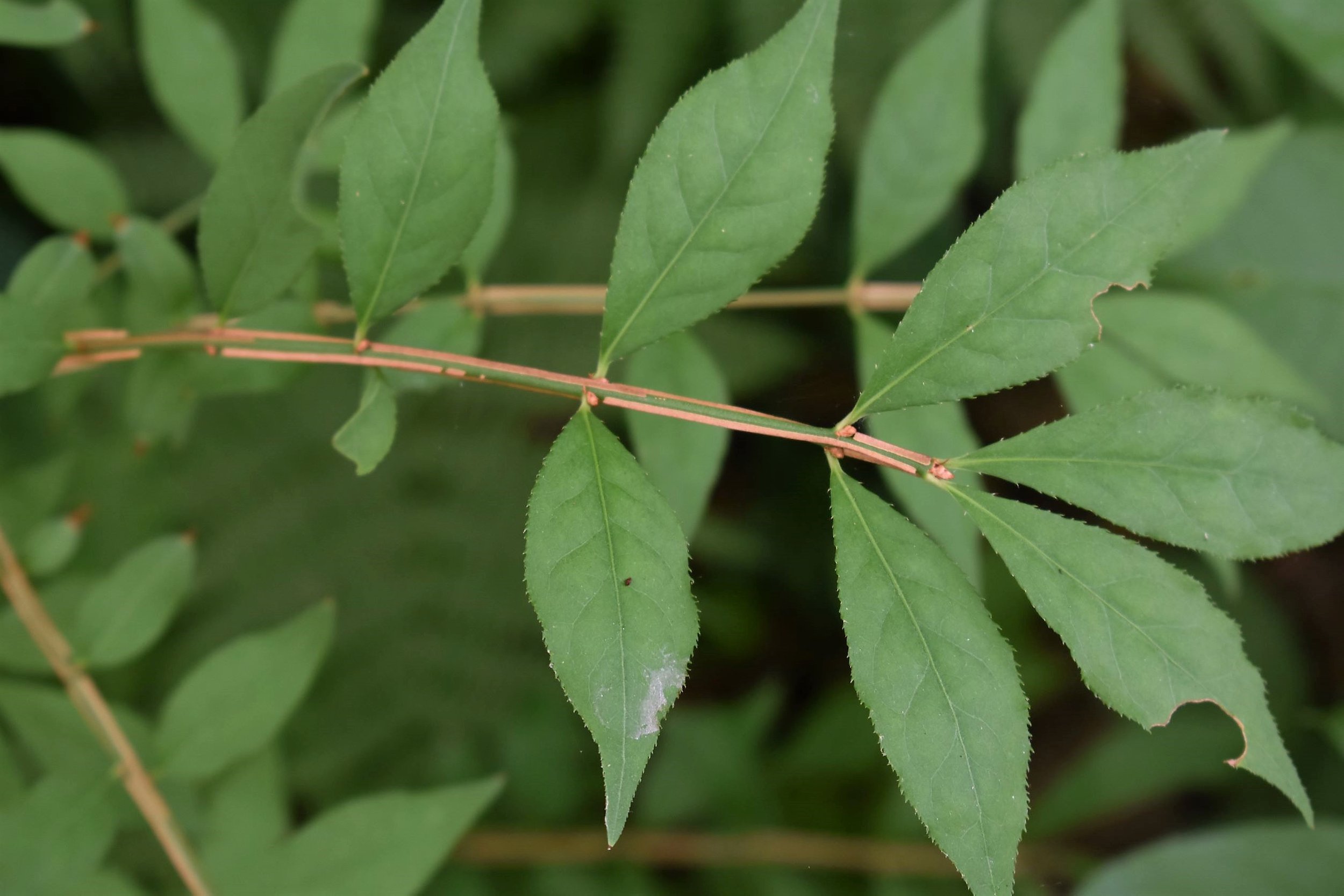
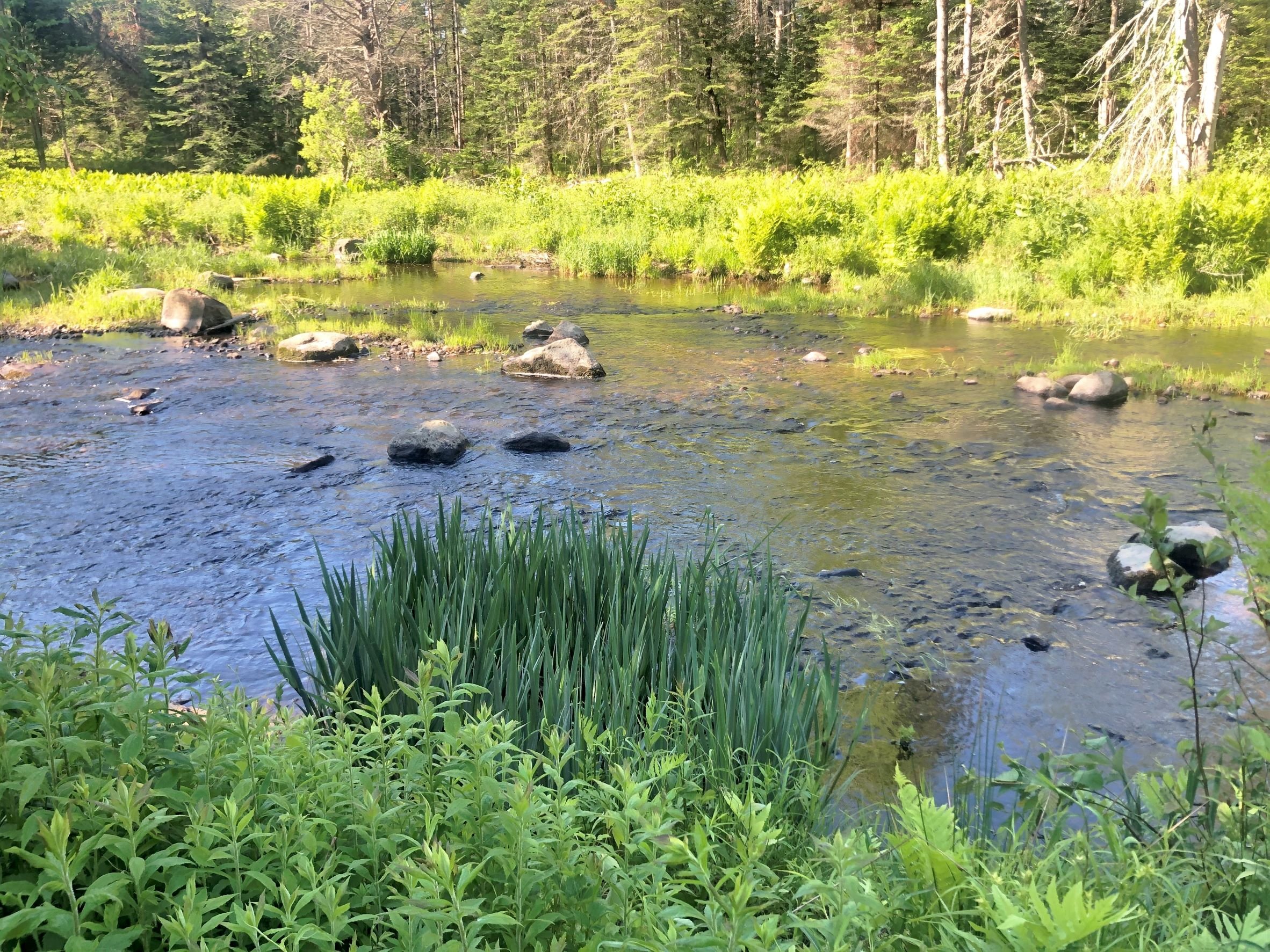
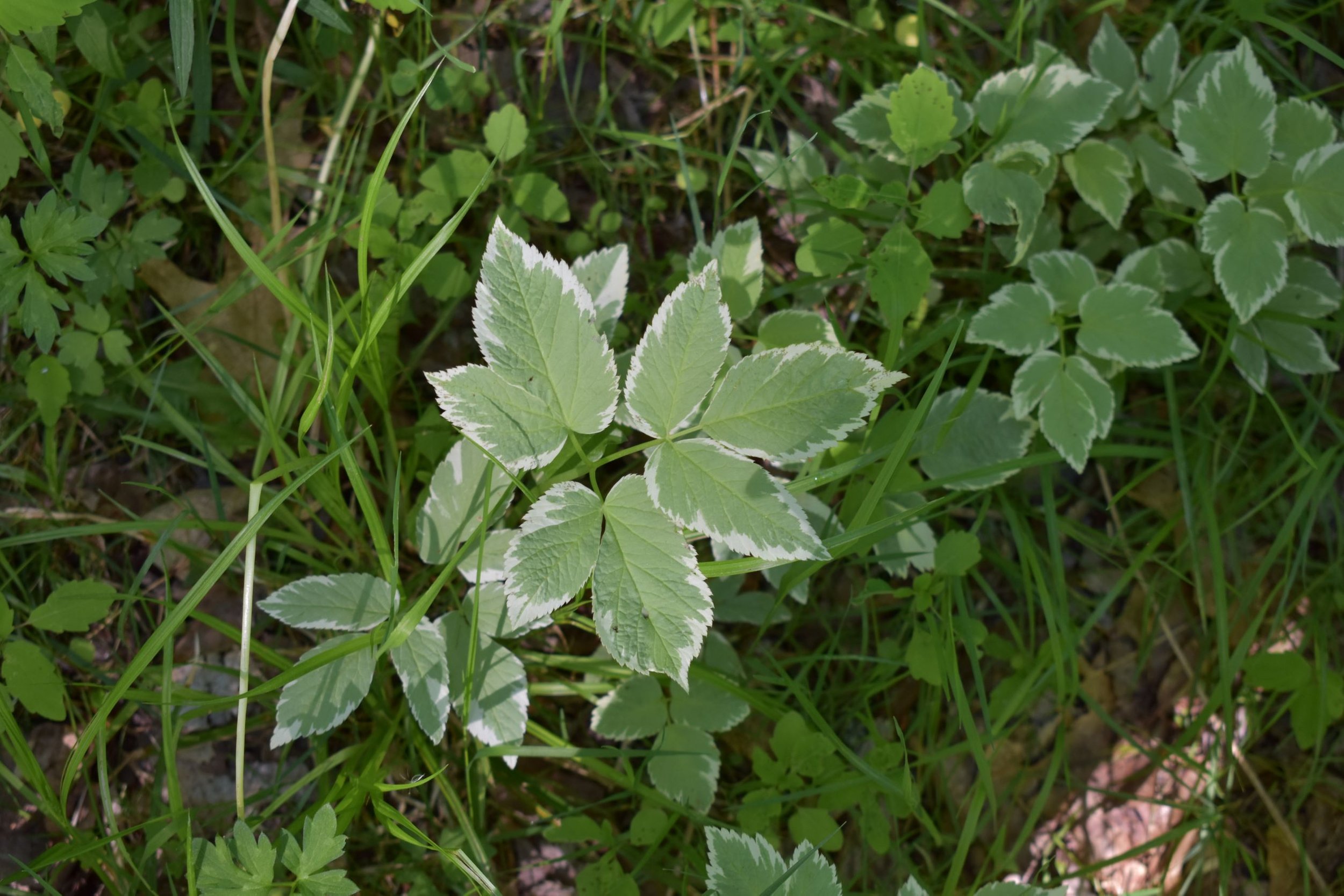
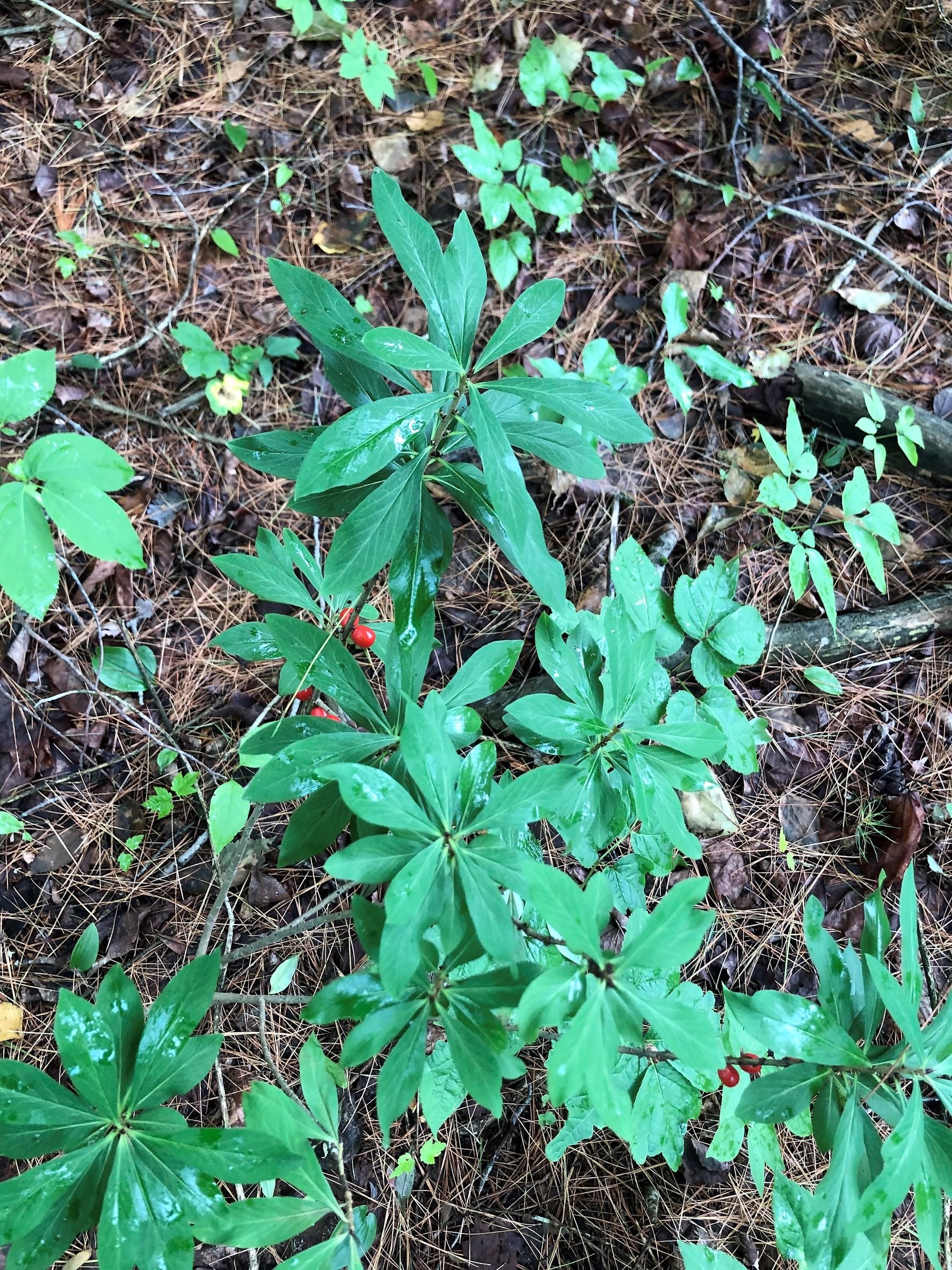
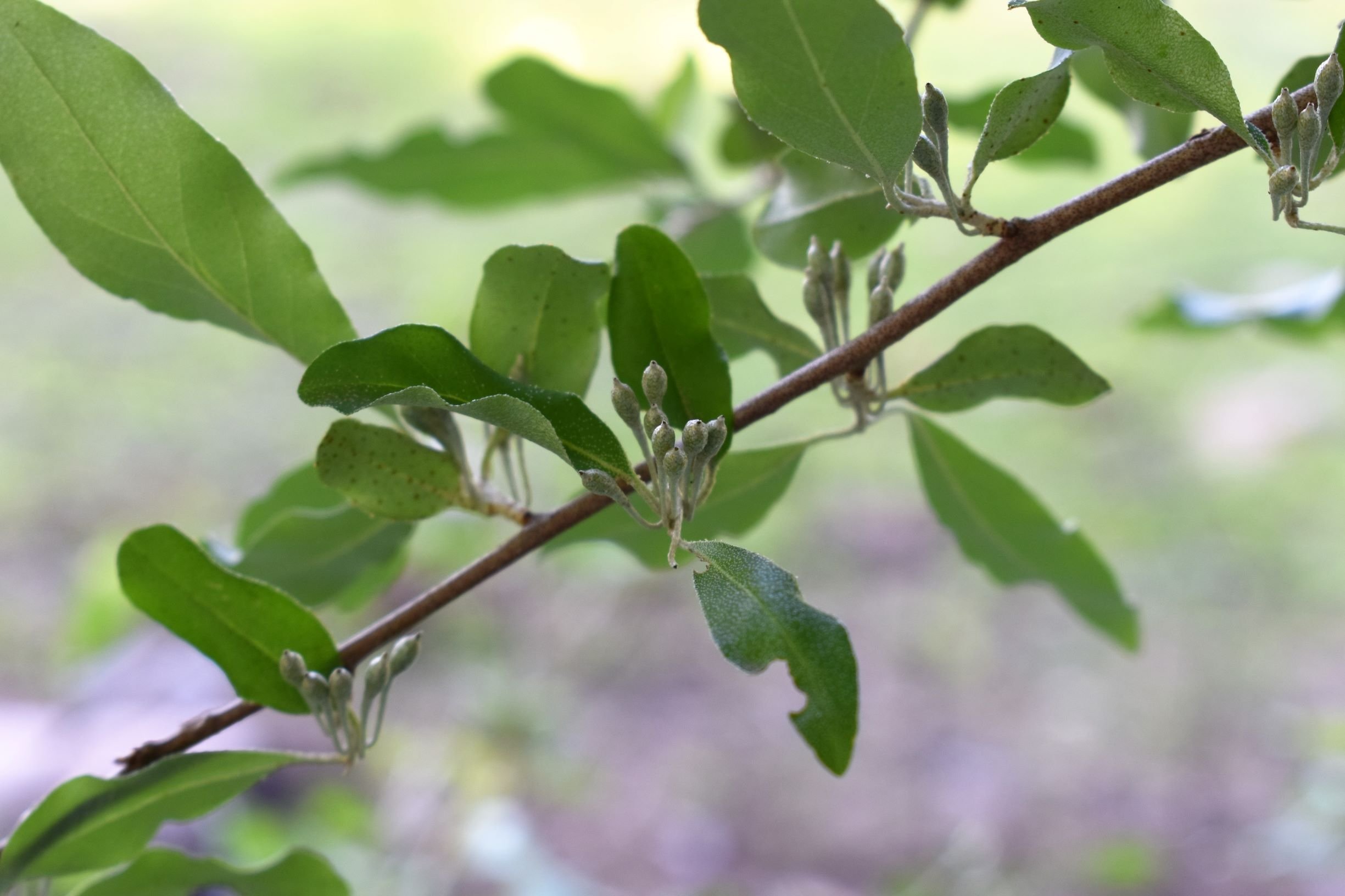
Are you a landowner in Somerset County that is looking for assistance in identifying invasive terrestrial plant species and developing a management plan to address those found? The Somerset County SWCD can be of assistance to you!
Since 2019 District staff have conducted surveys and developed management plans for 25 properties ranging in size from 10 to 800 acres. Our staff are skilled in invasive plant identification, survey methods, recommendation of treatment/management options. We can customize our services to meet your needs and budget.
Contact Jennifer at either 207-679-7306 or by email to find out more about District services and how we can assist you with the stewardship of your property.
Somerset SWCD staff have conducted invasive plant surveys and development management plans for 25 properties since 2019. Our affordable technical services can assist you with your stewardship needs.
What is an invasive plant?
An invasive plant is defined as a plant species that is not native to the Maine ecosystem, whose introduction does or is likely to cause economic or environmental harm or harm to human health. Invasive species often lack natural predators, diseases, and other pathogens that keep them in check in their native habitats. They have competitive adaptations; for example, invasive plants benefit from early leaf-out, aggressive reproductive strategies, and efficient dispersal methods.
The Somerset County SWCD provides landowners with information and technical assistance in the identification and management of invasive plants.
What is the impact of invasive plants?
Invasive plants have the potential to suppress tree recruitment and growth in forests, crowd out beneficial native plants, reduce wildlife habitat quality, and generally be a nuisance during property maintenance. In addition to out-competing our native trees, shrubs and wildflowers, nonnative invasives can create monoculture stands devoid of biodiversity. They can overtake productive farmland and forests. Some nonnative invasive plants, such as black locust, even change the local soil chemistry, further altering their surroundings. Japanese barberry provides a refuge for disease-carrying ticks. A chemical compound found in the leaves, fruit and bark of invasive buckthorn is toxic to amphibian embryos, disrupting the development of eggs in vernal pools. In short, invasive plants can cause tremendous damage and put our native ecosystems at risk.
